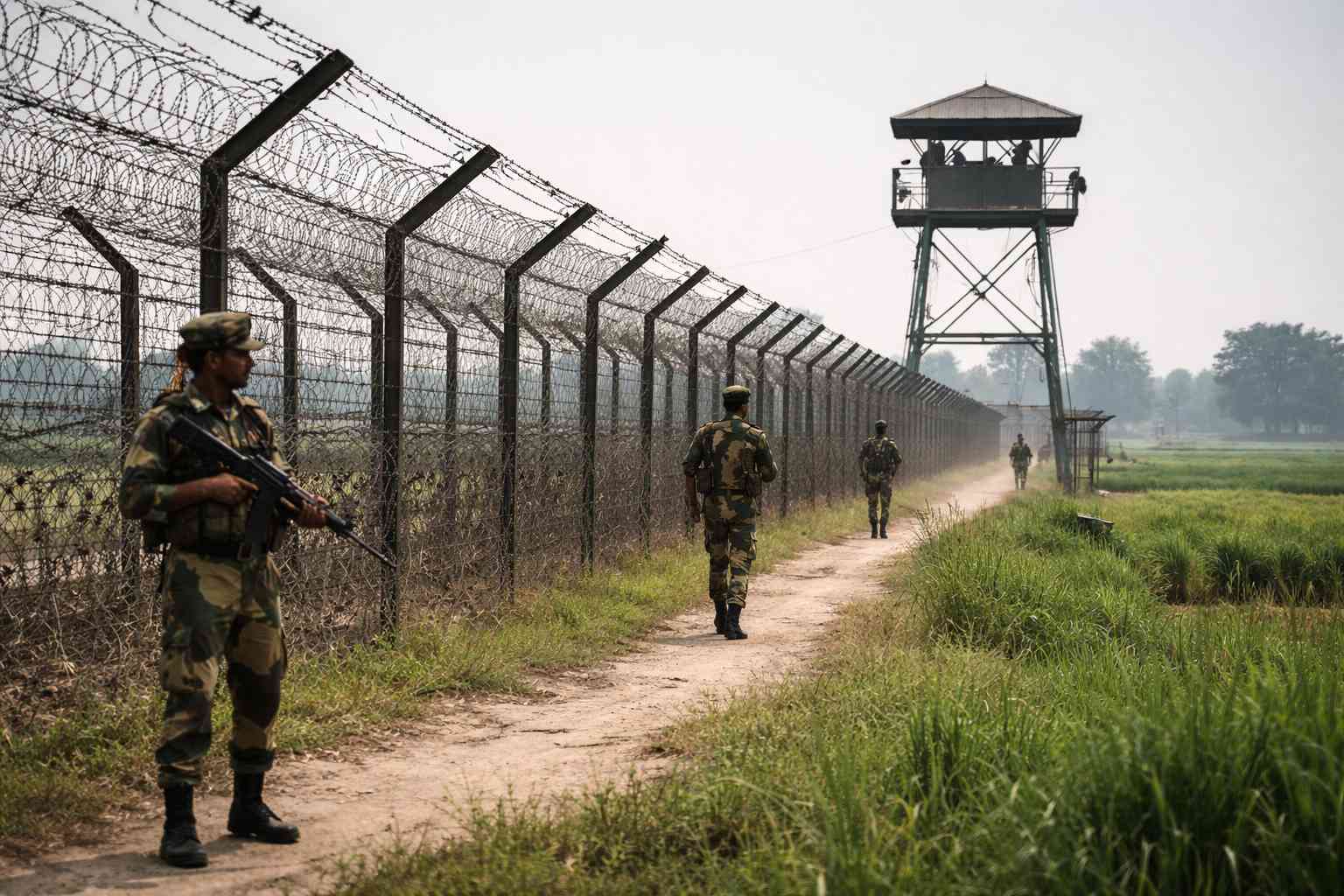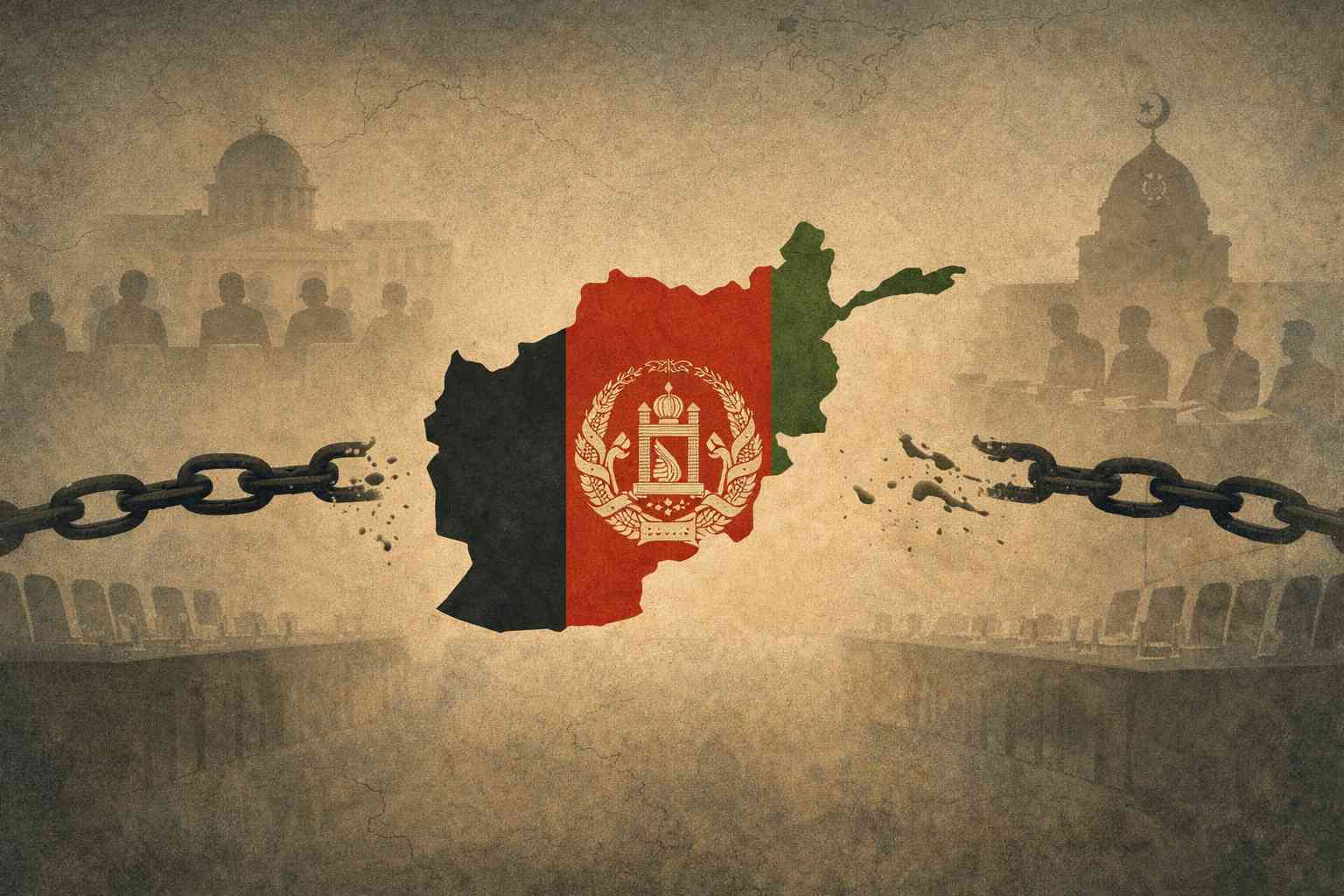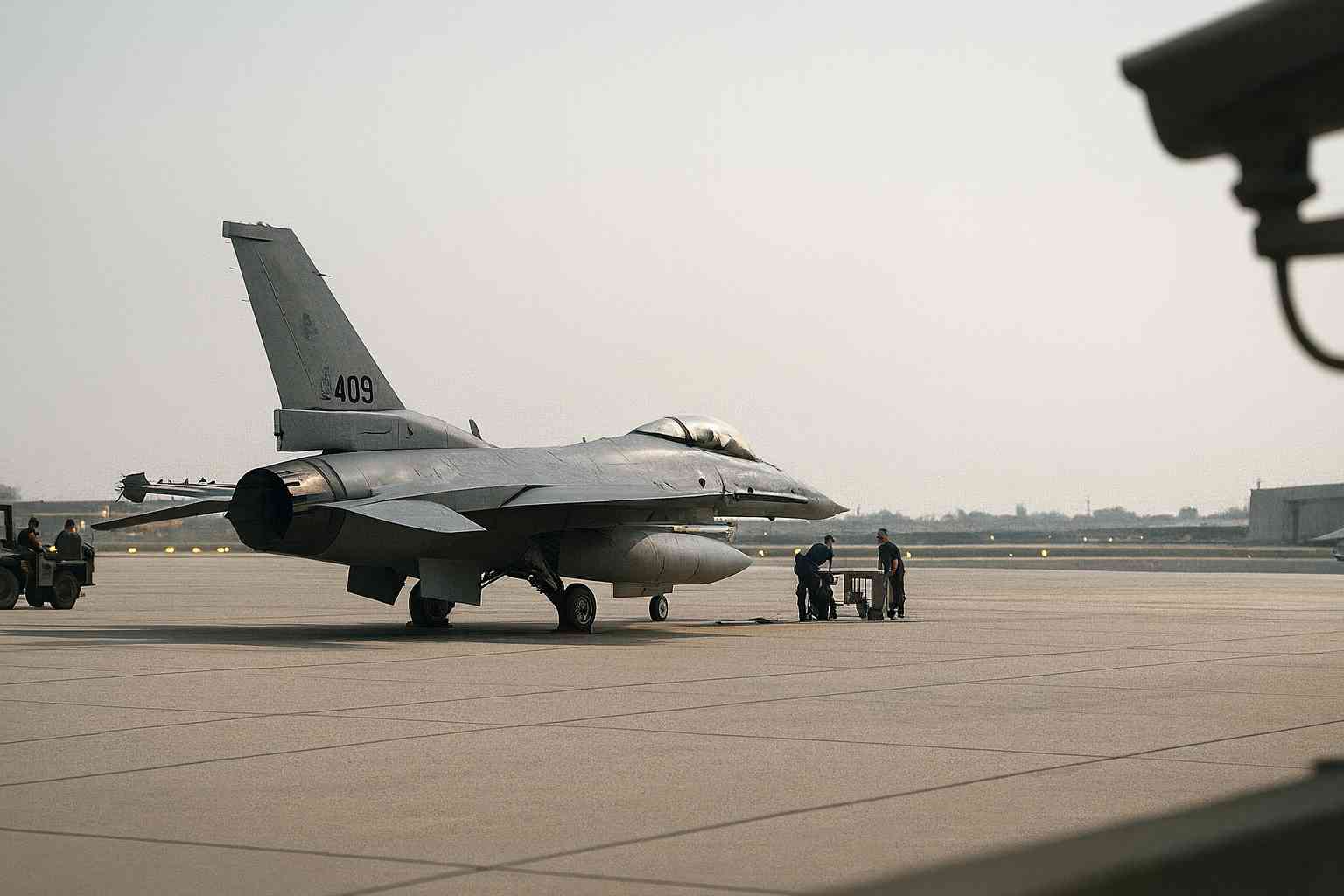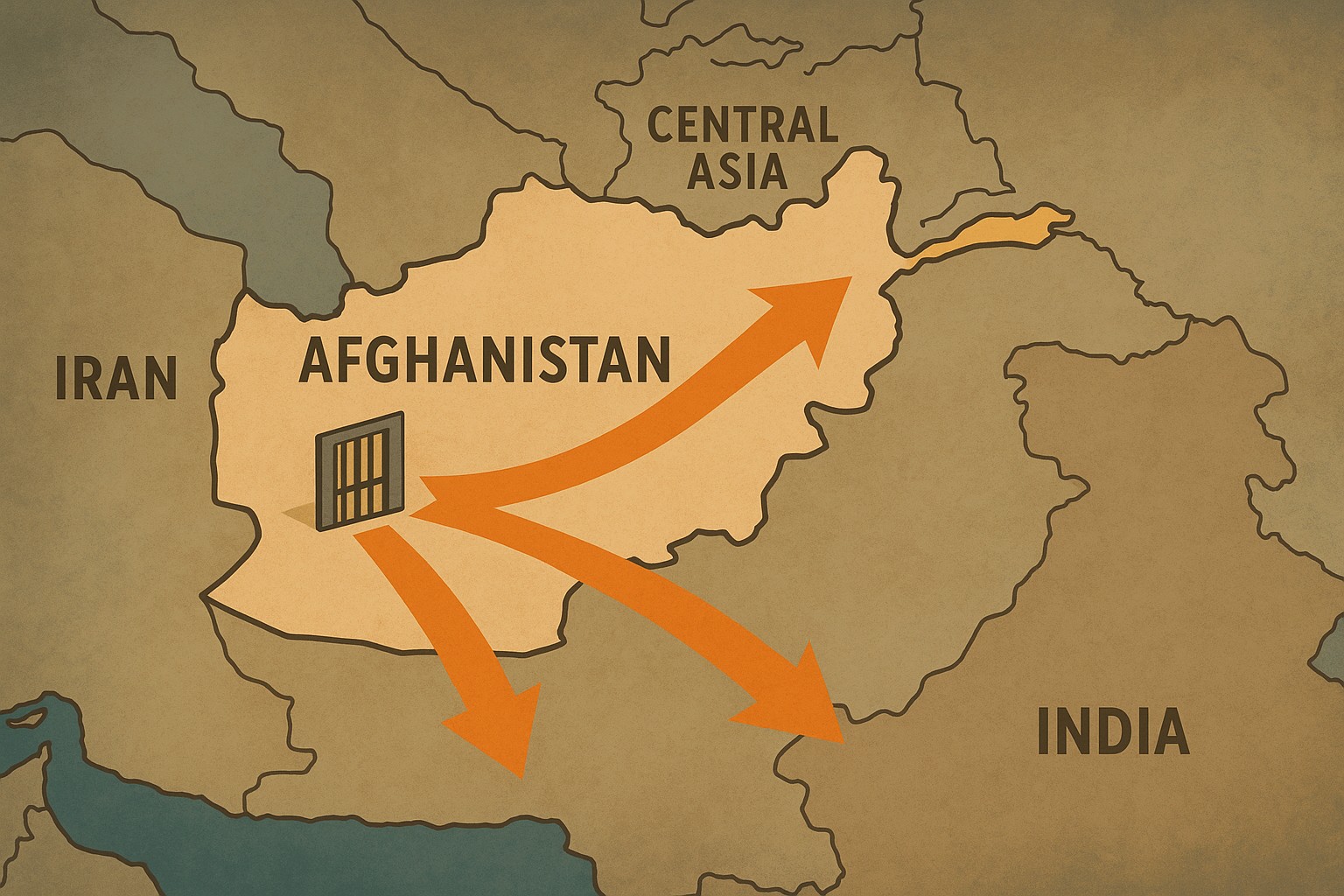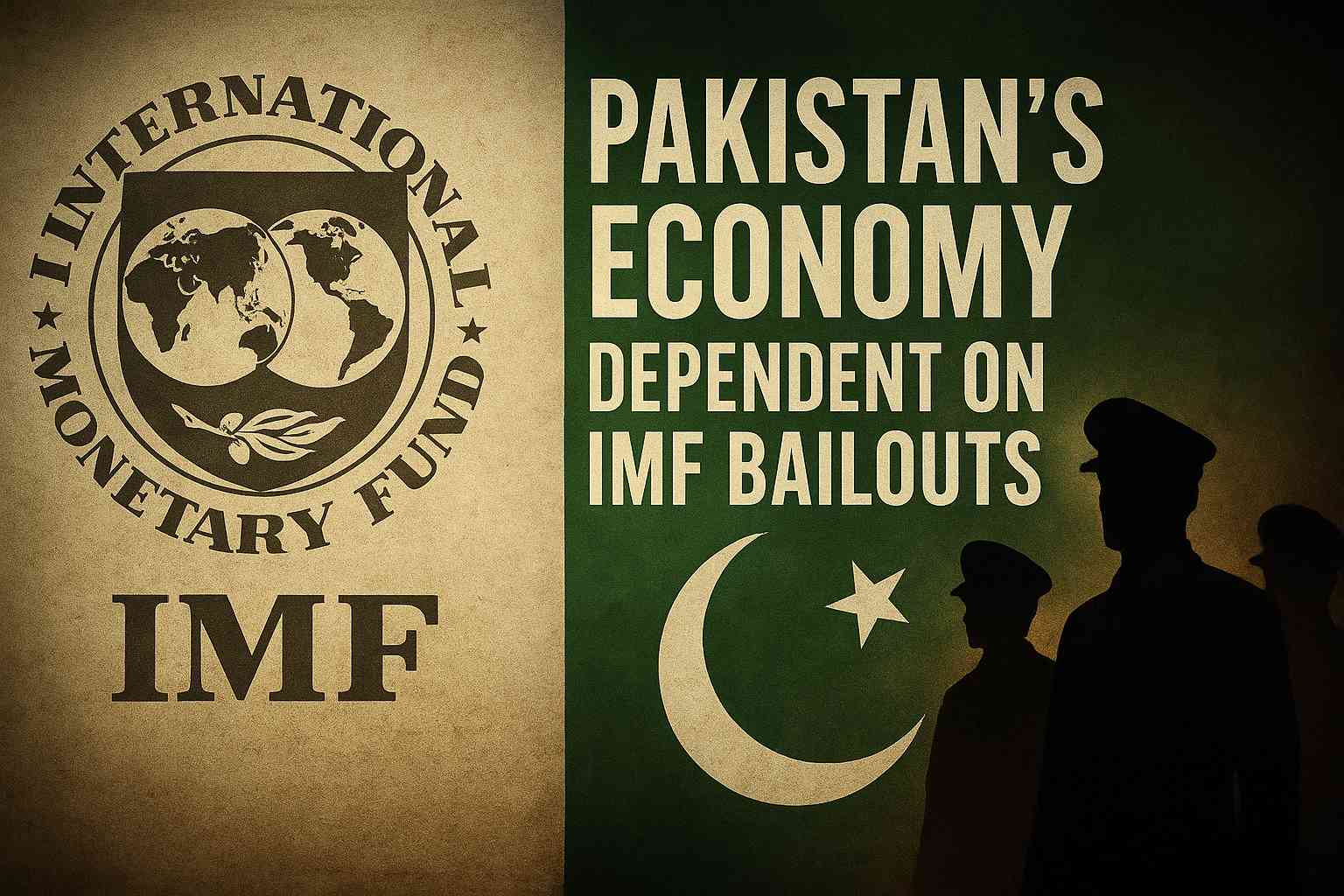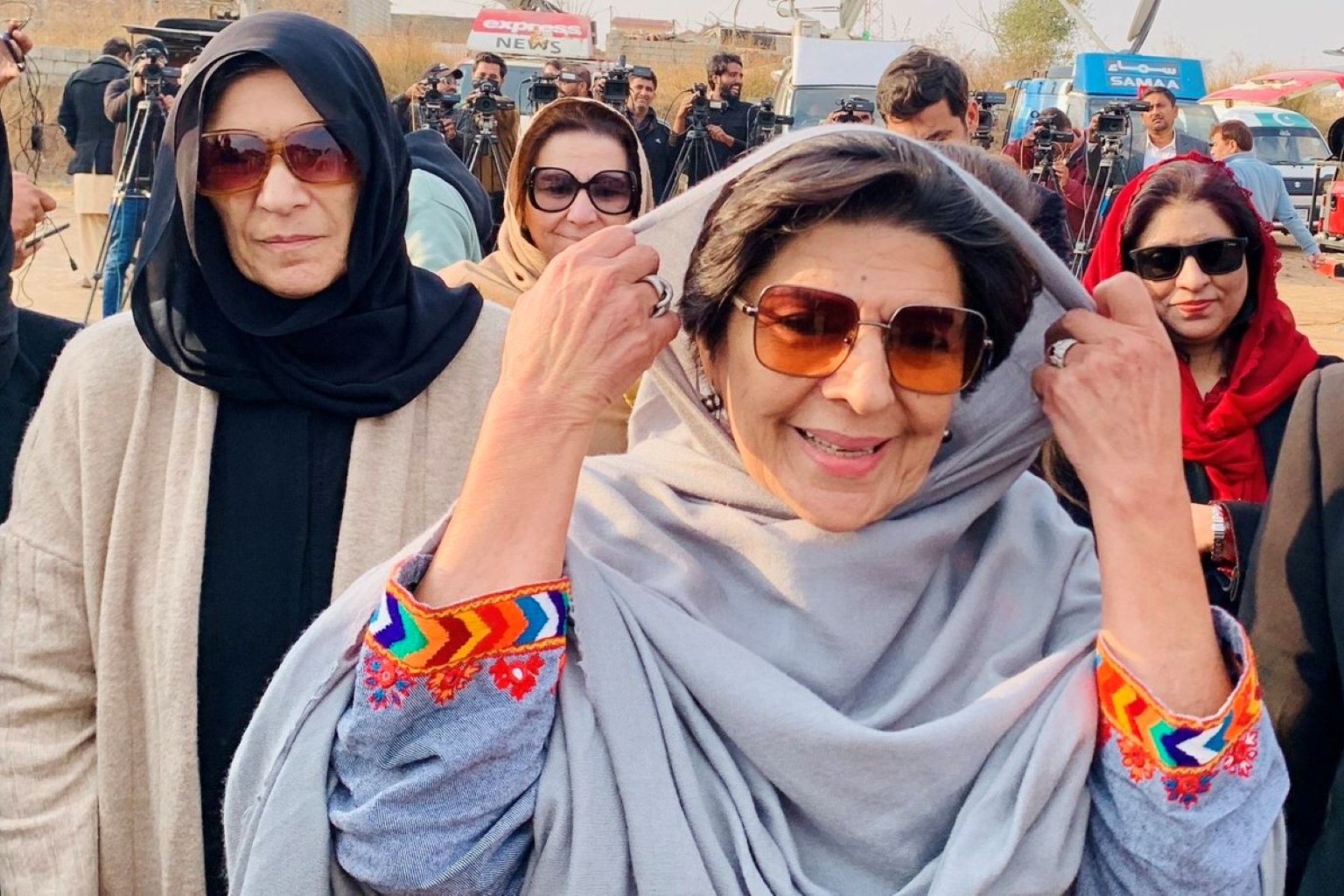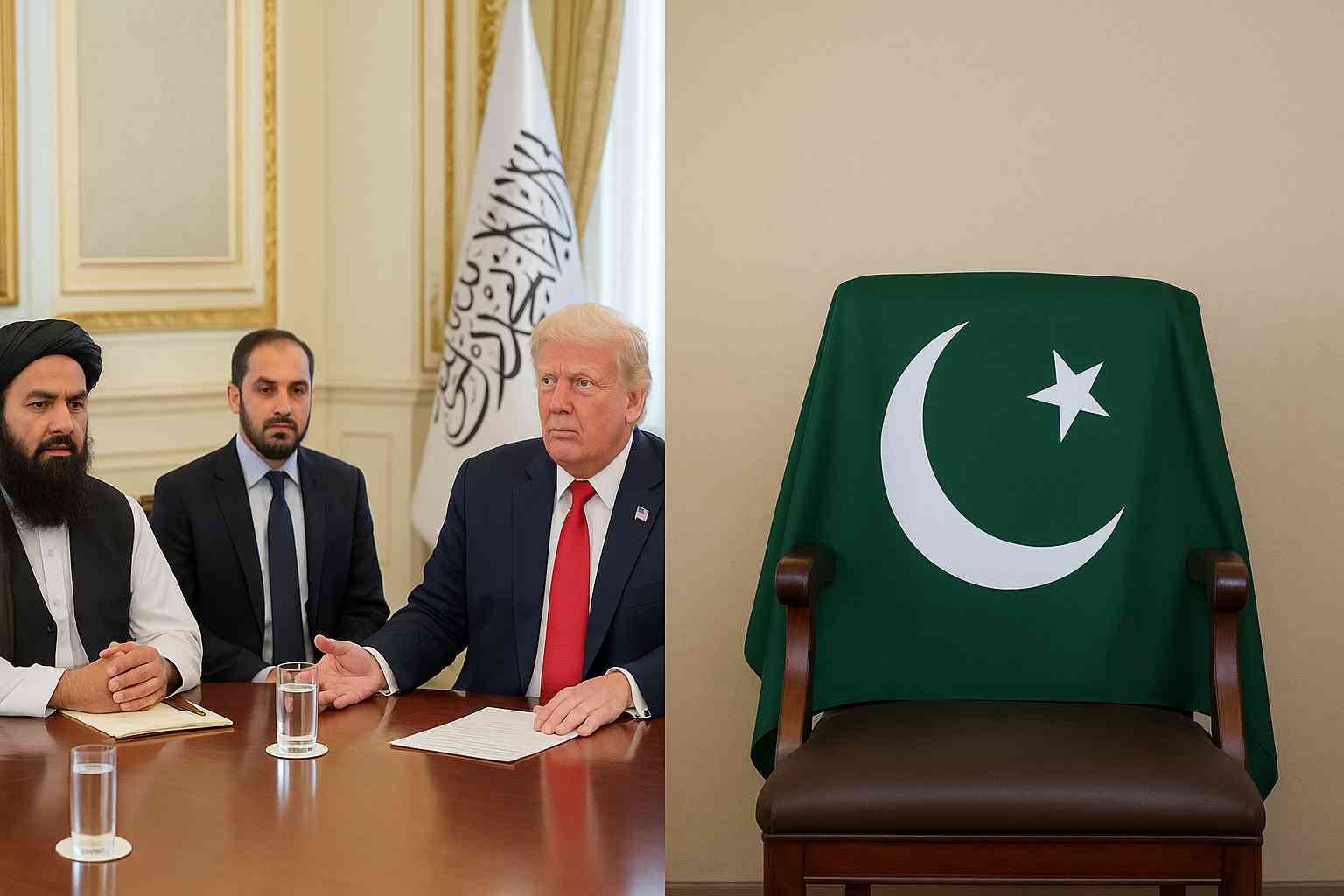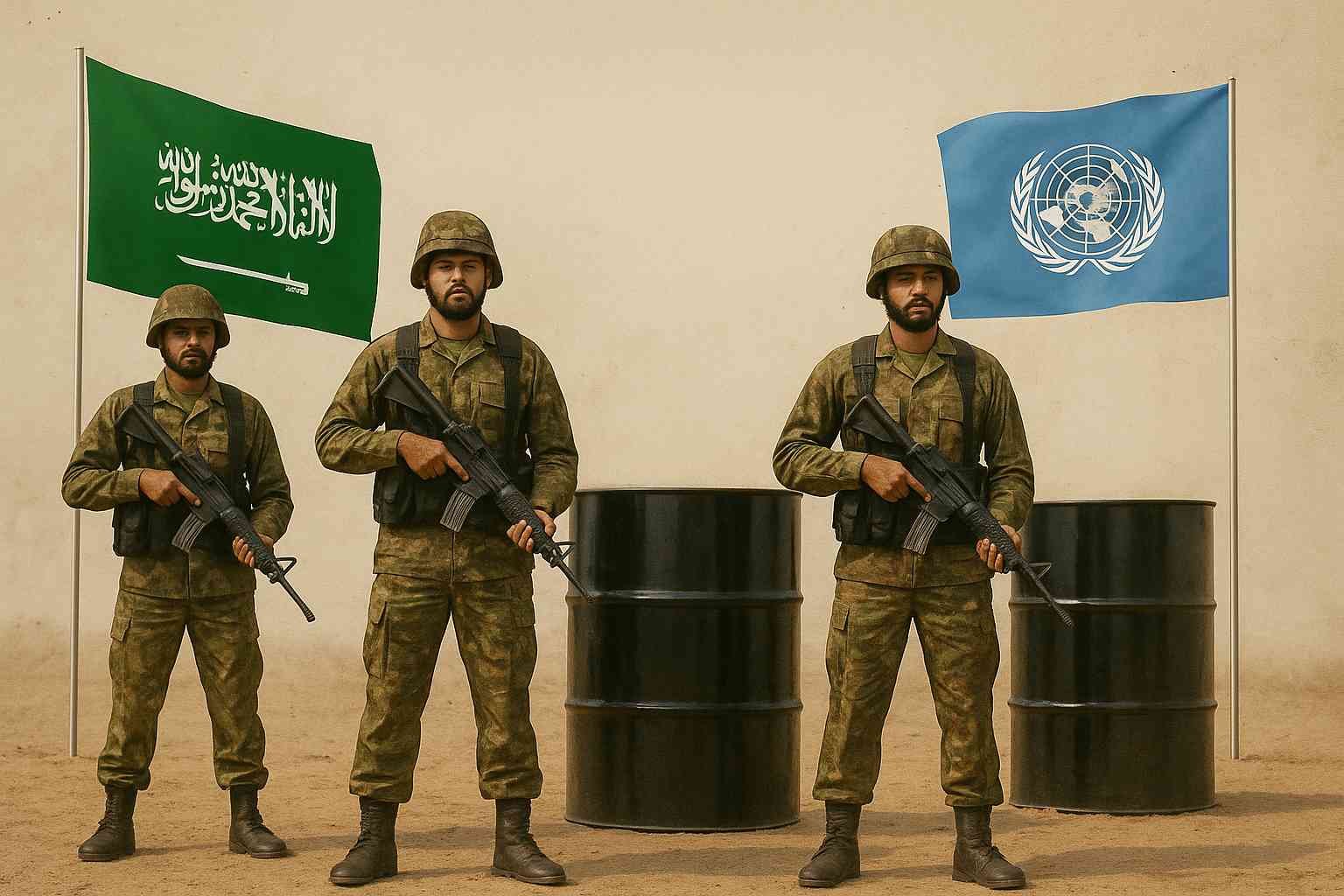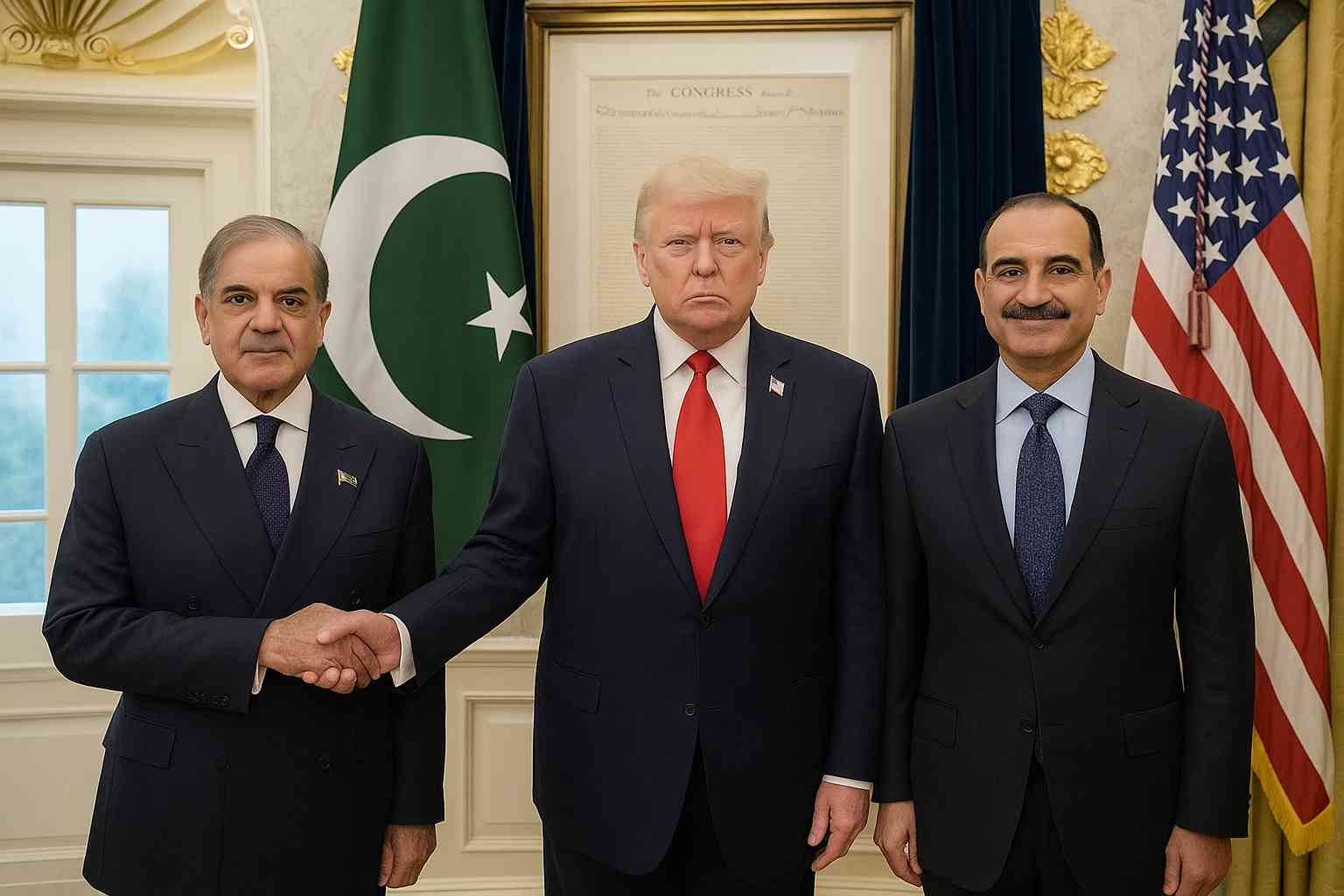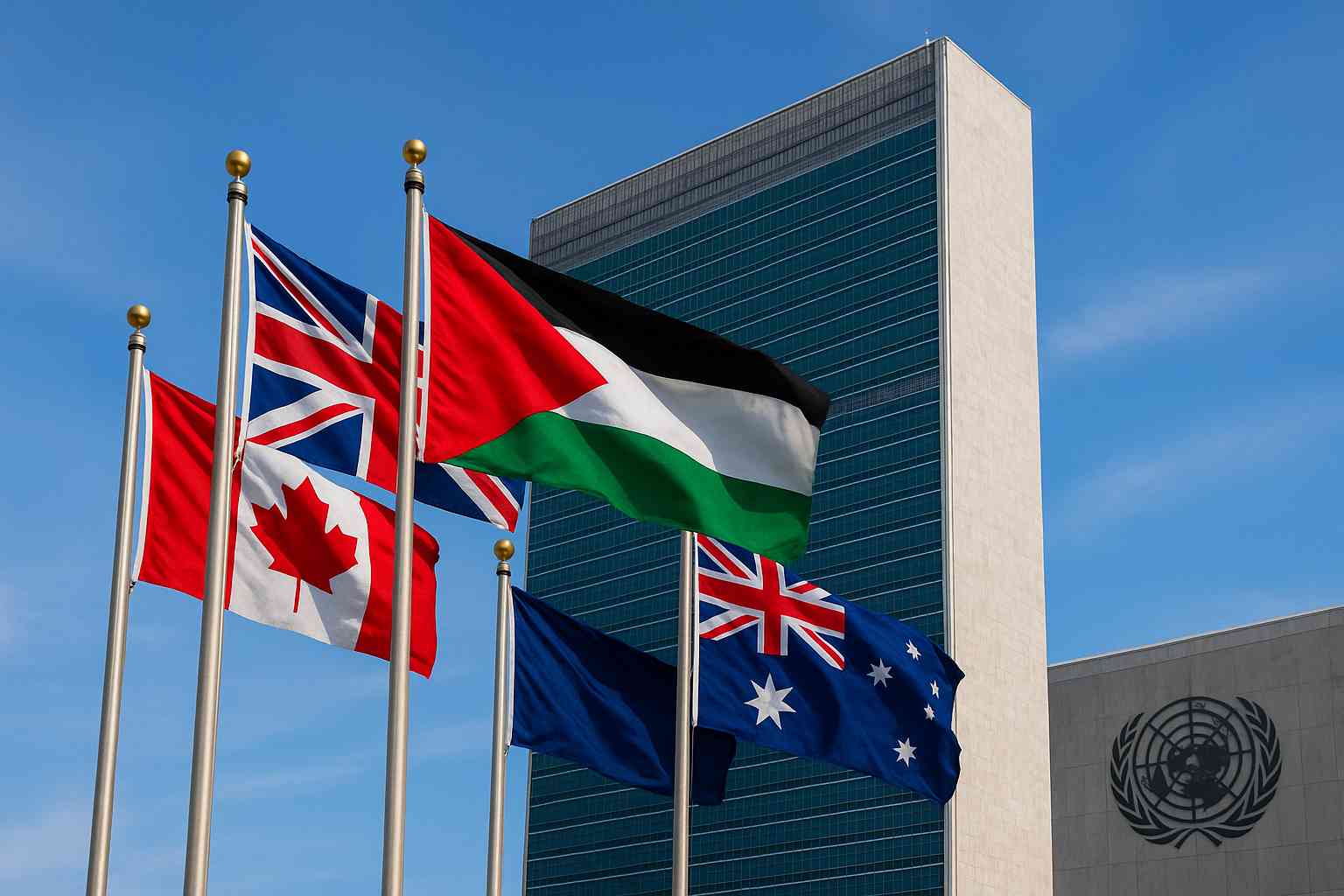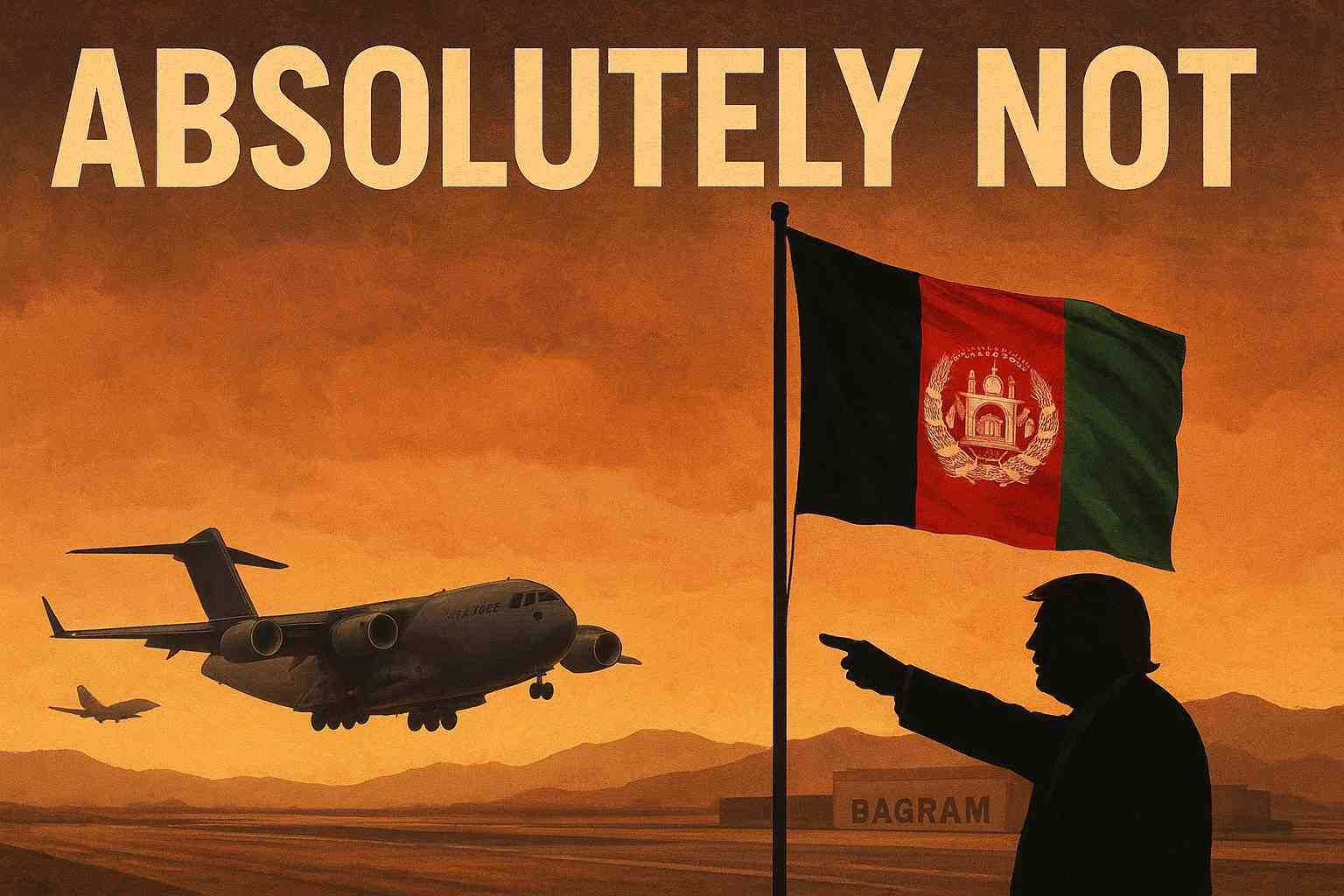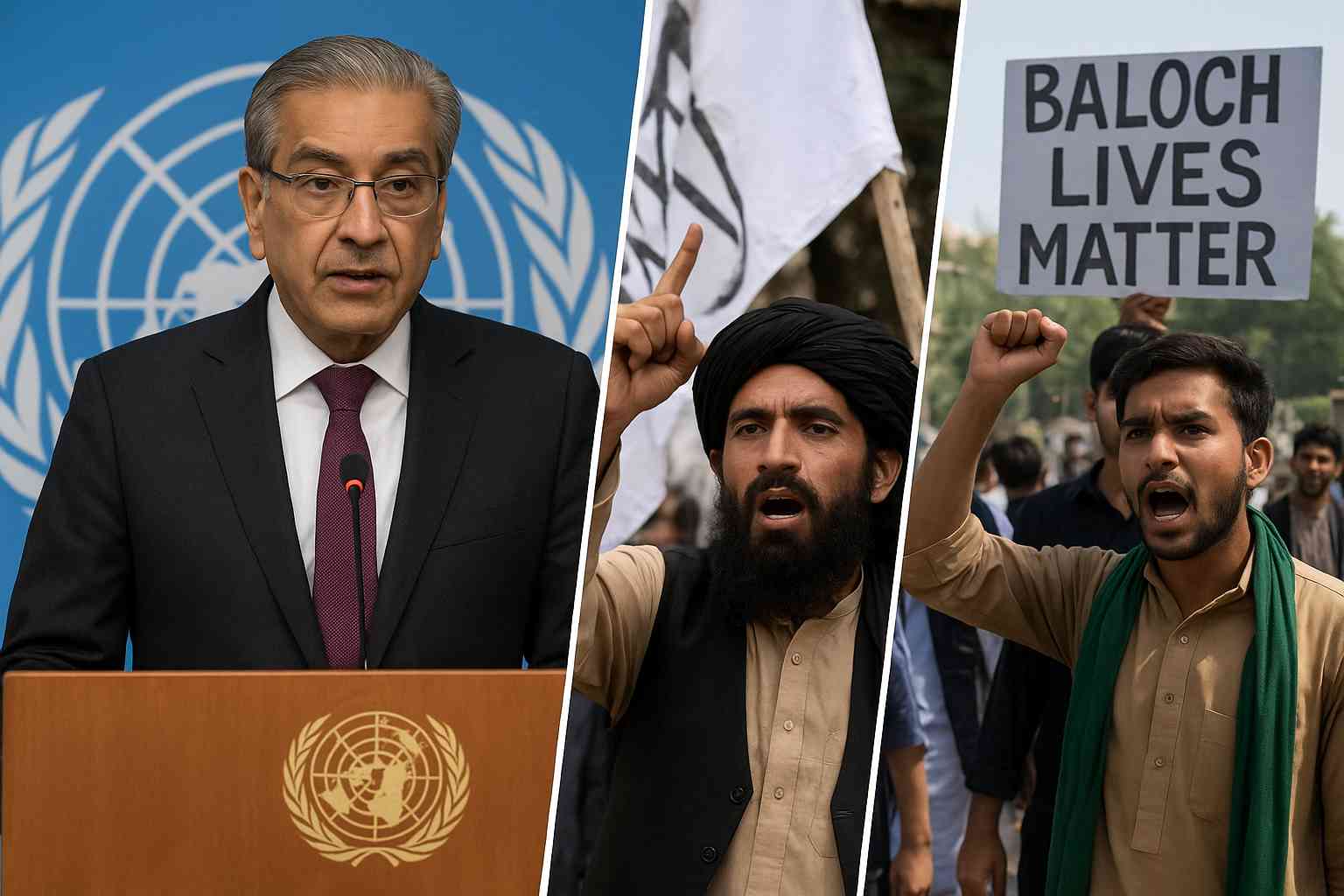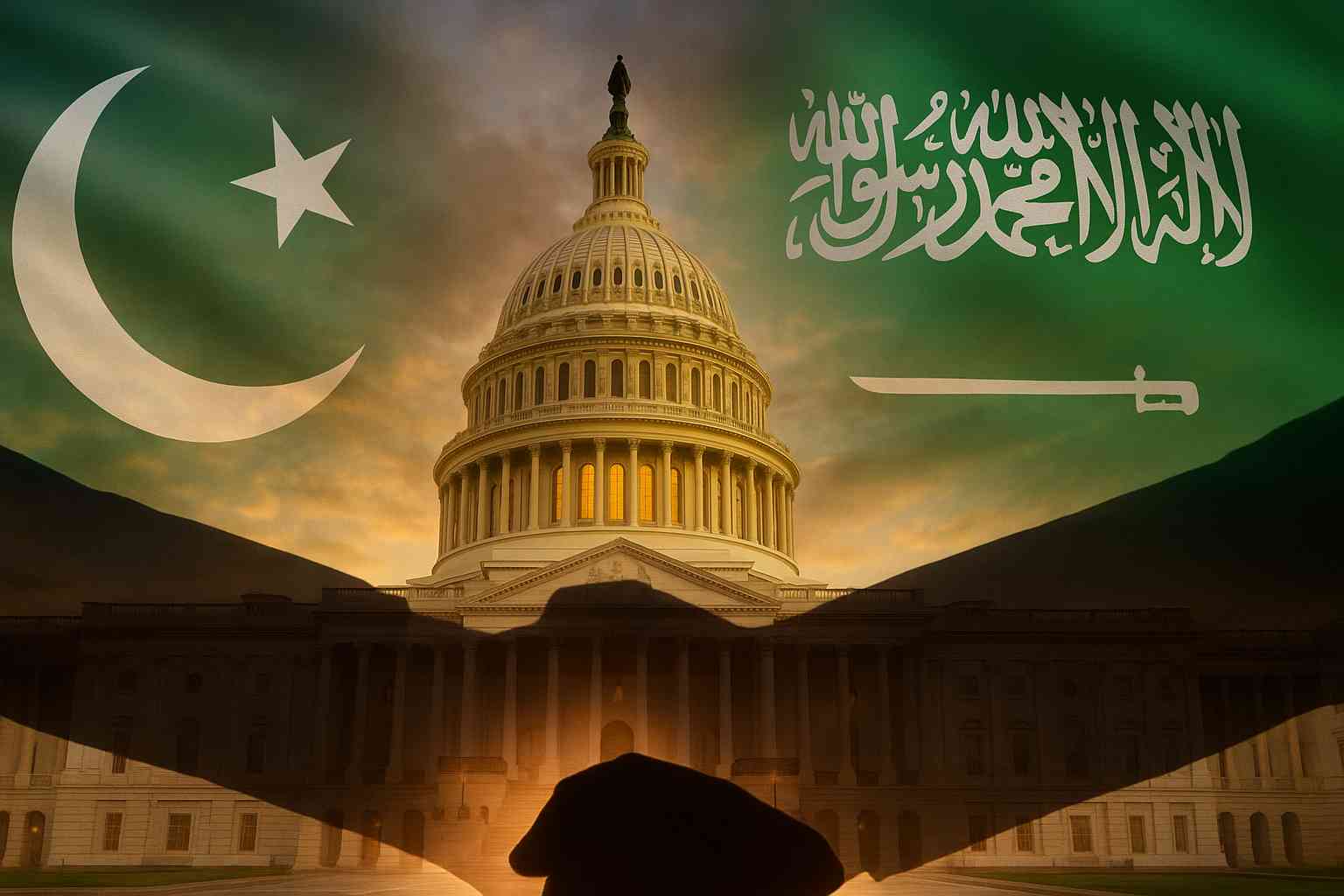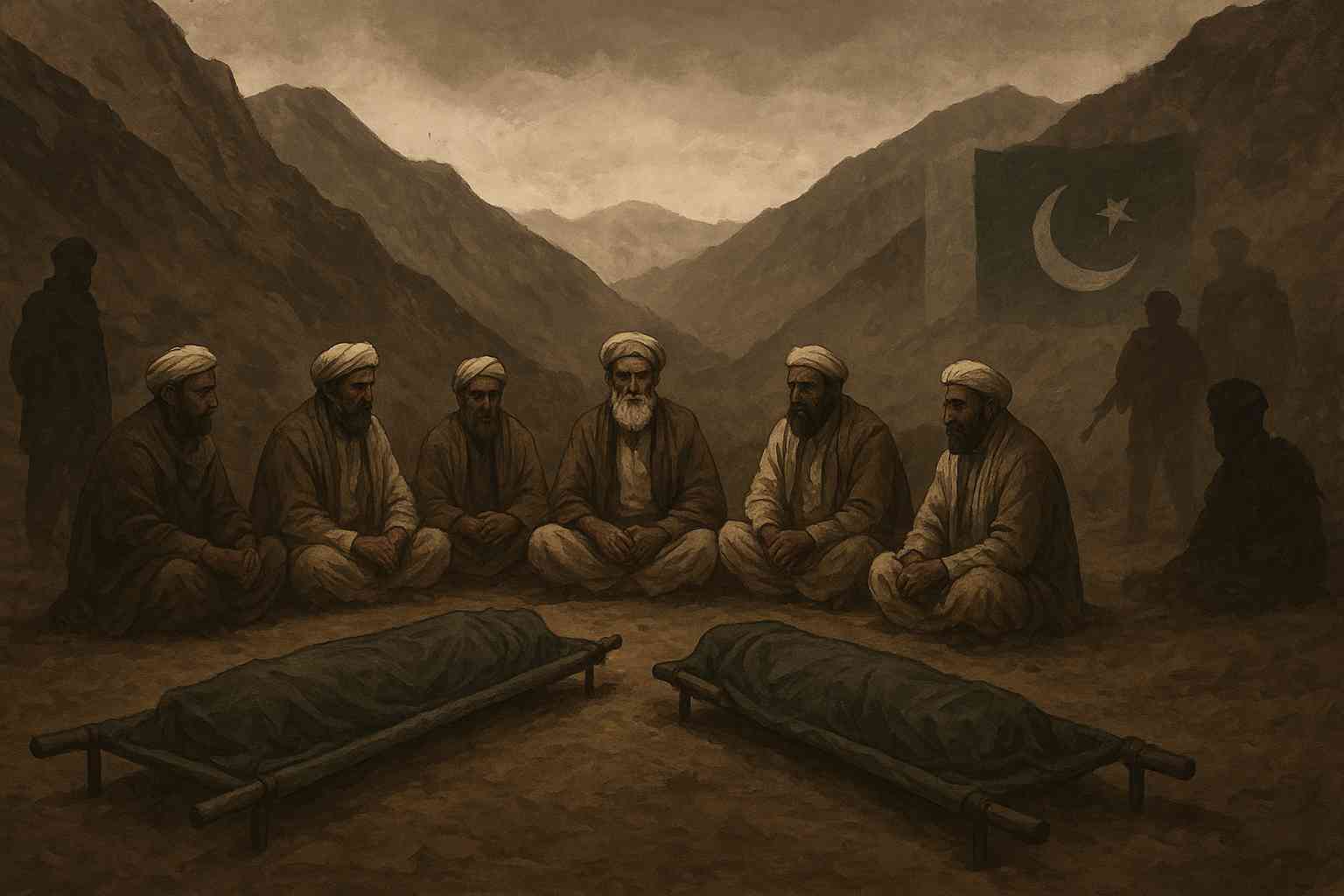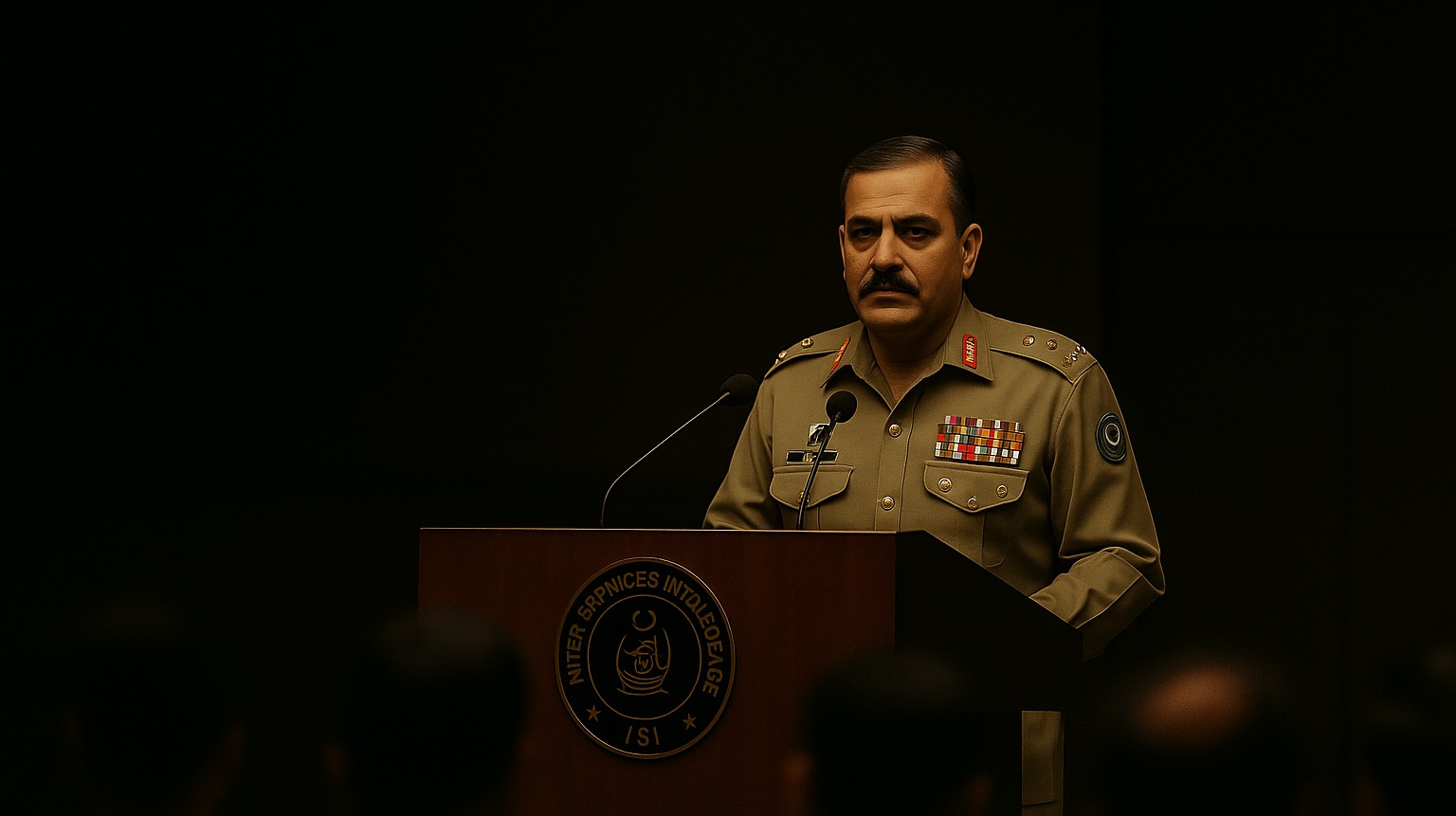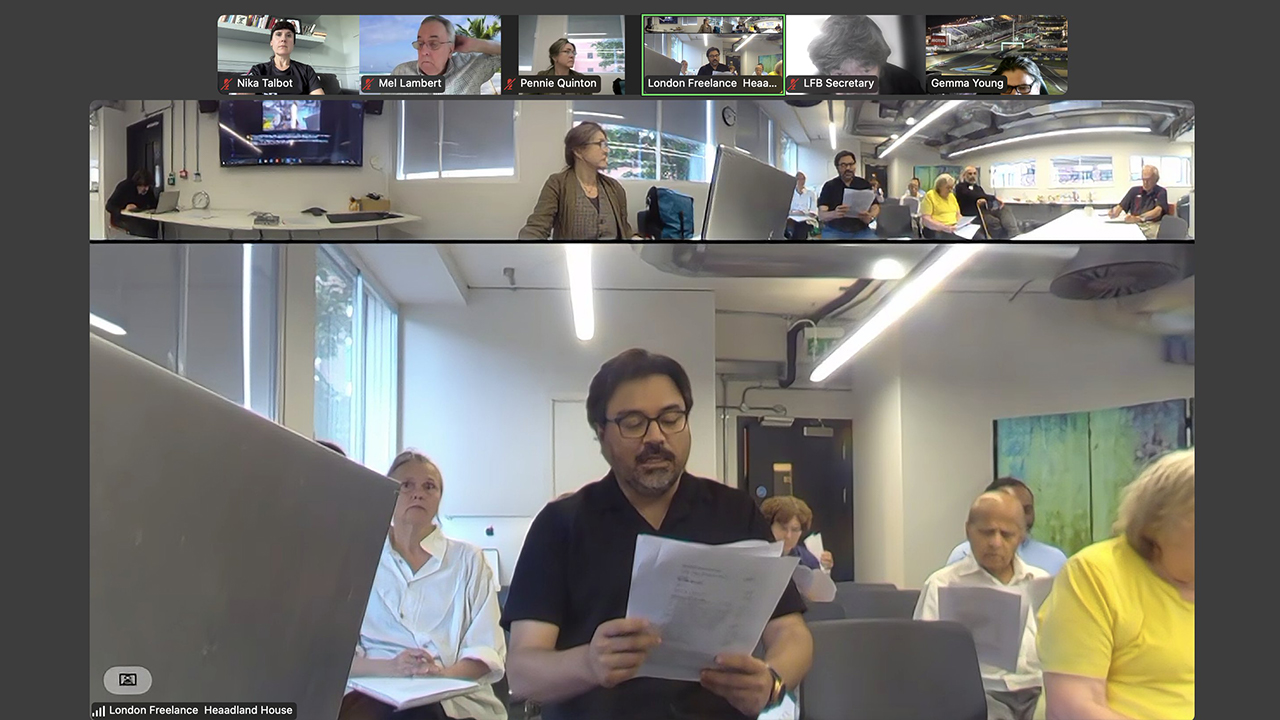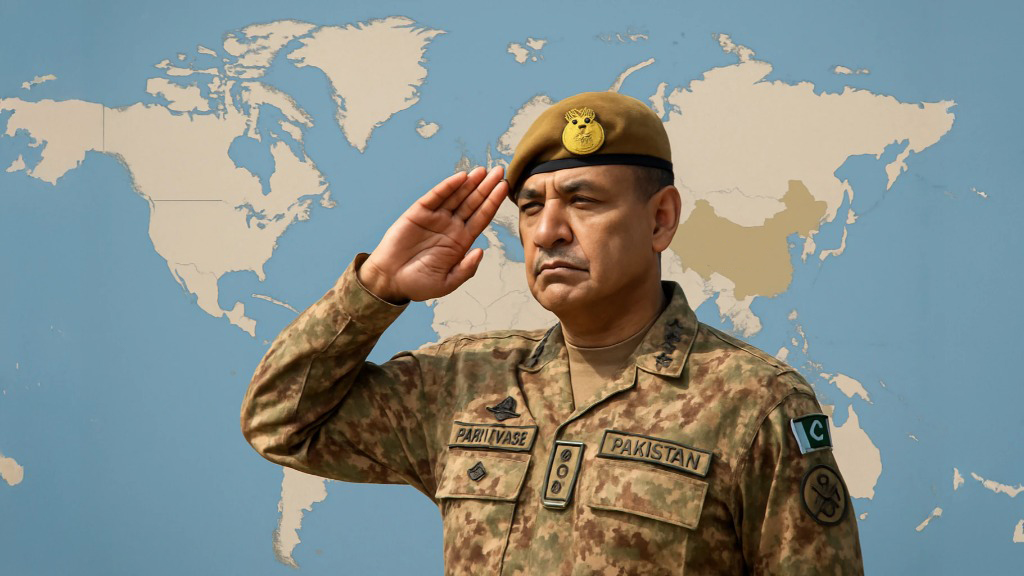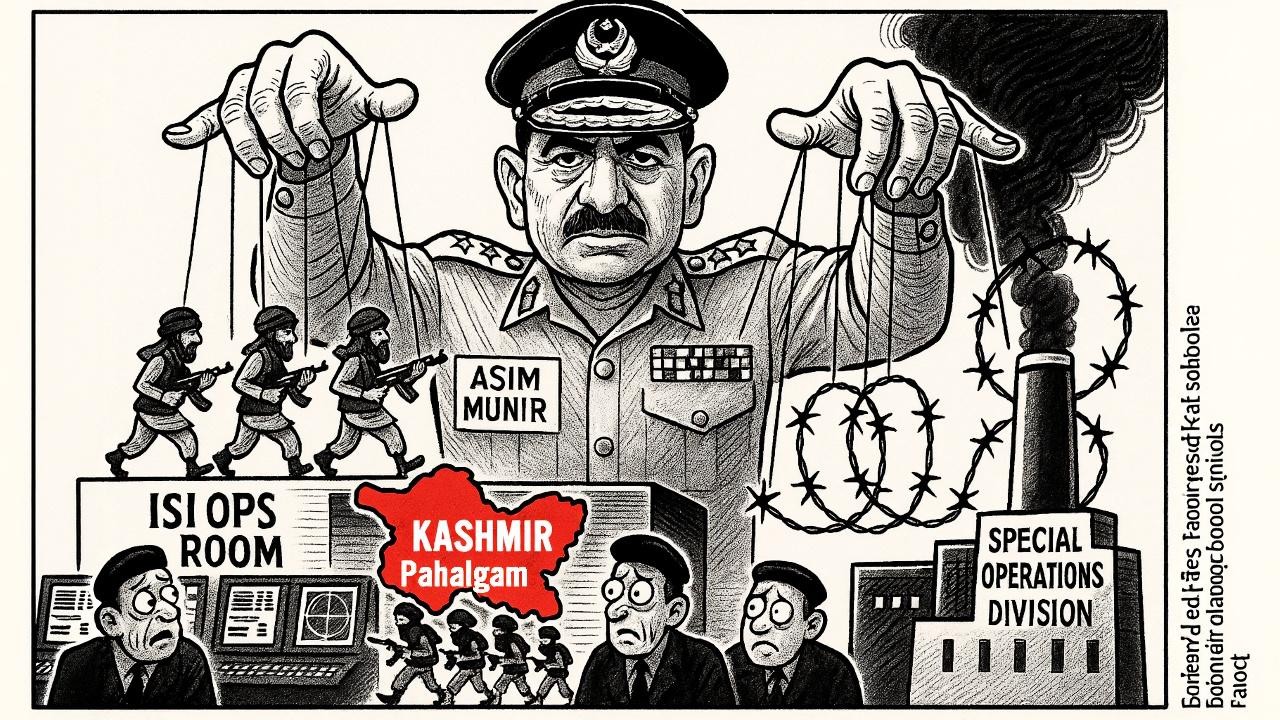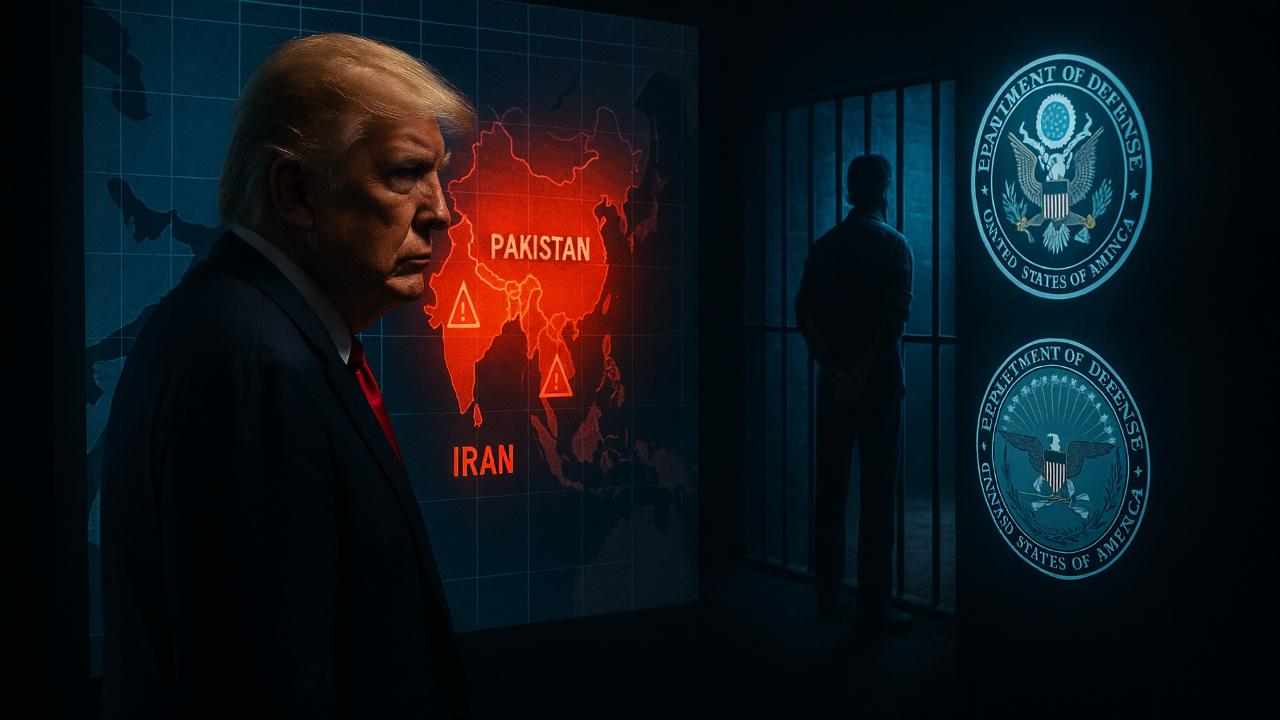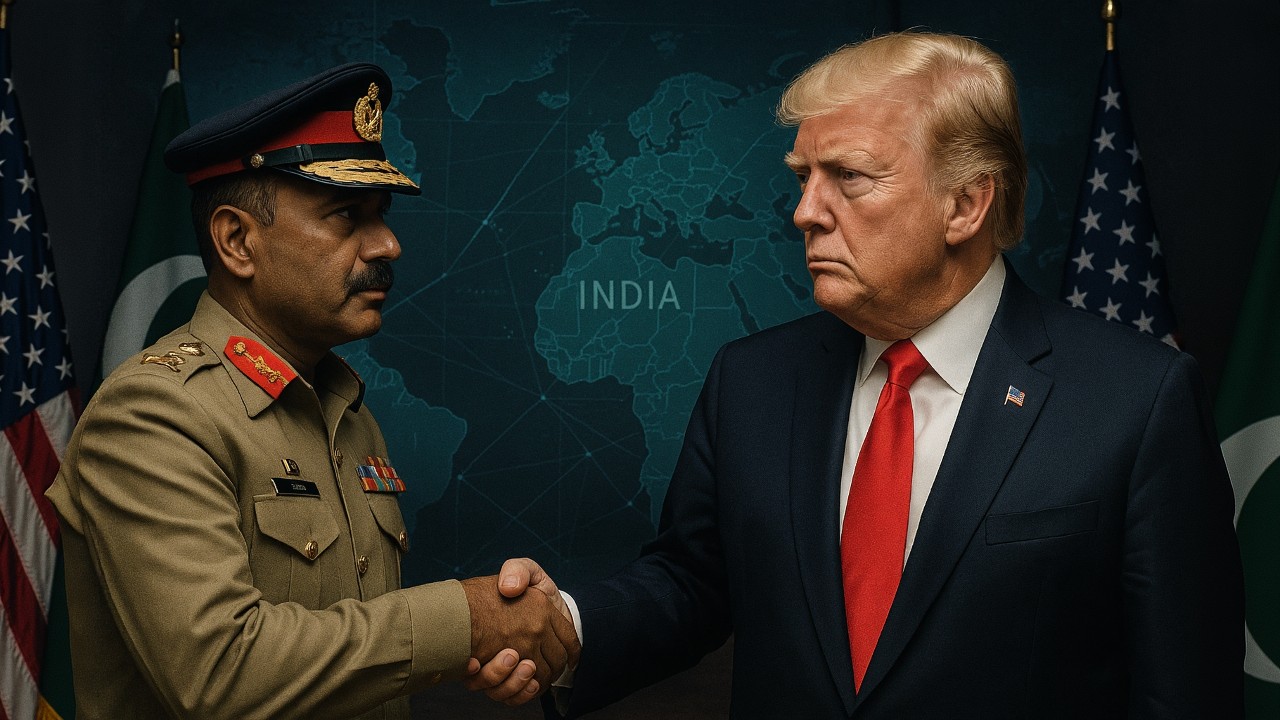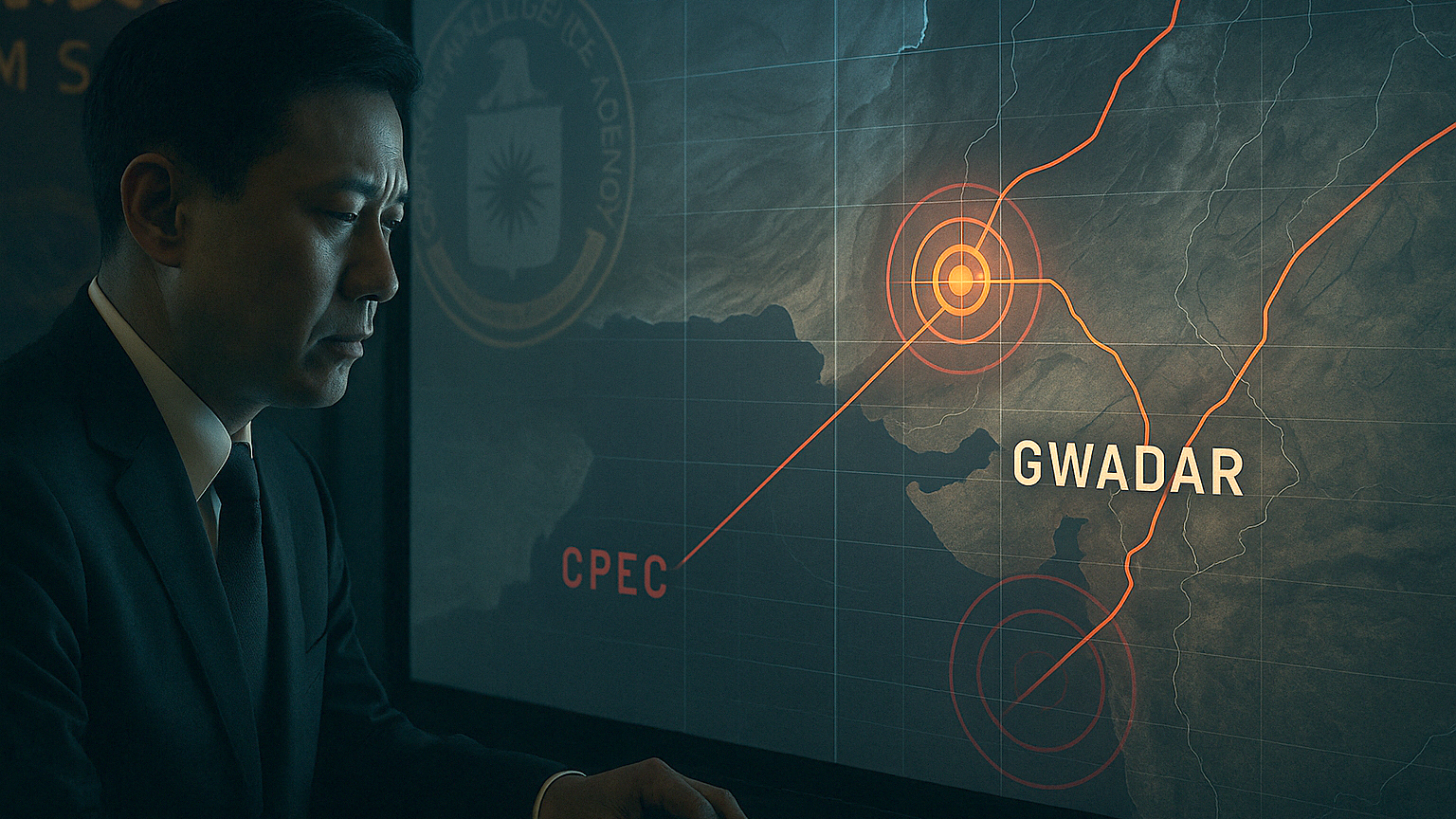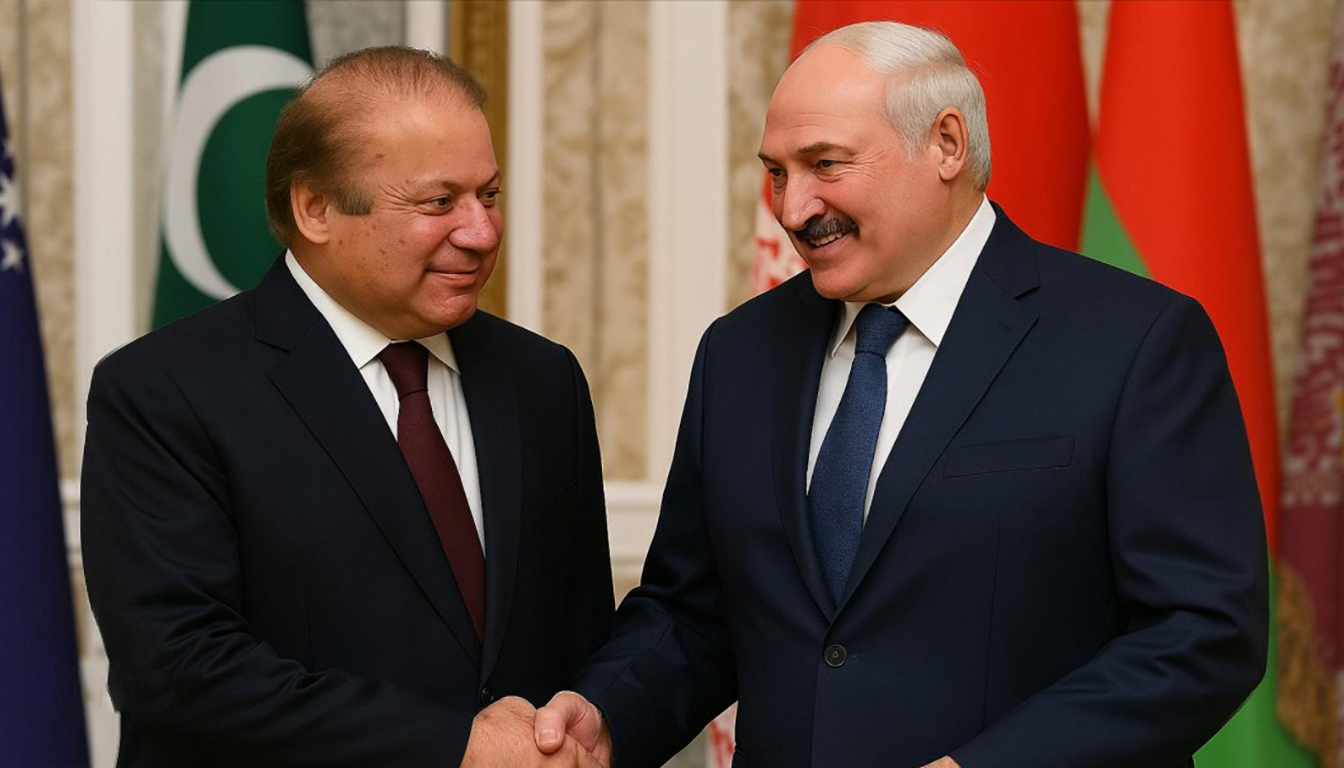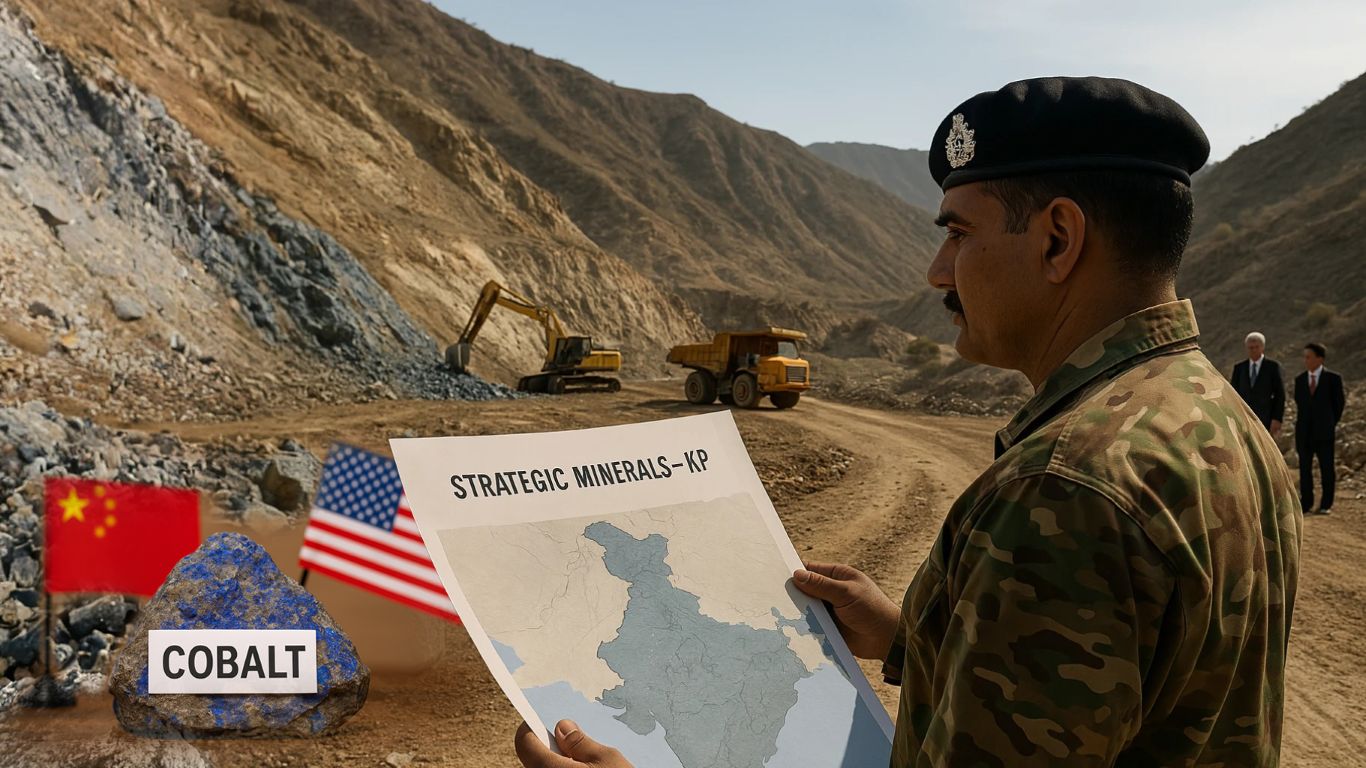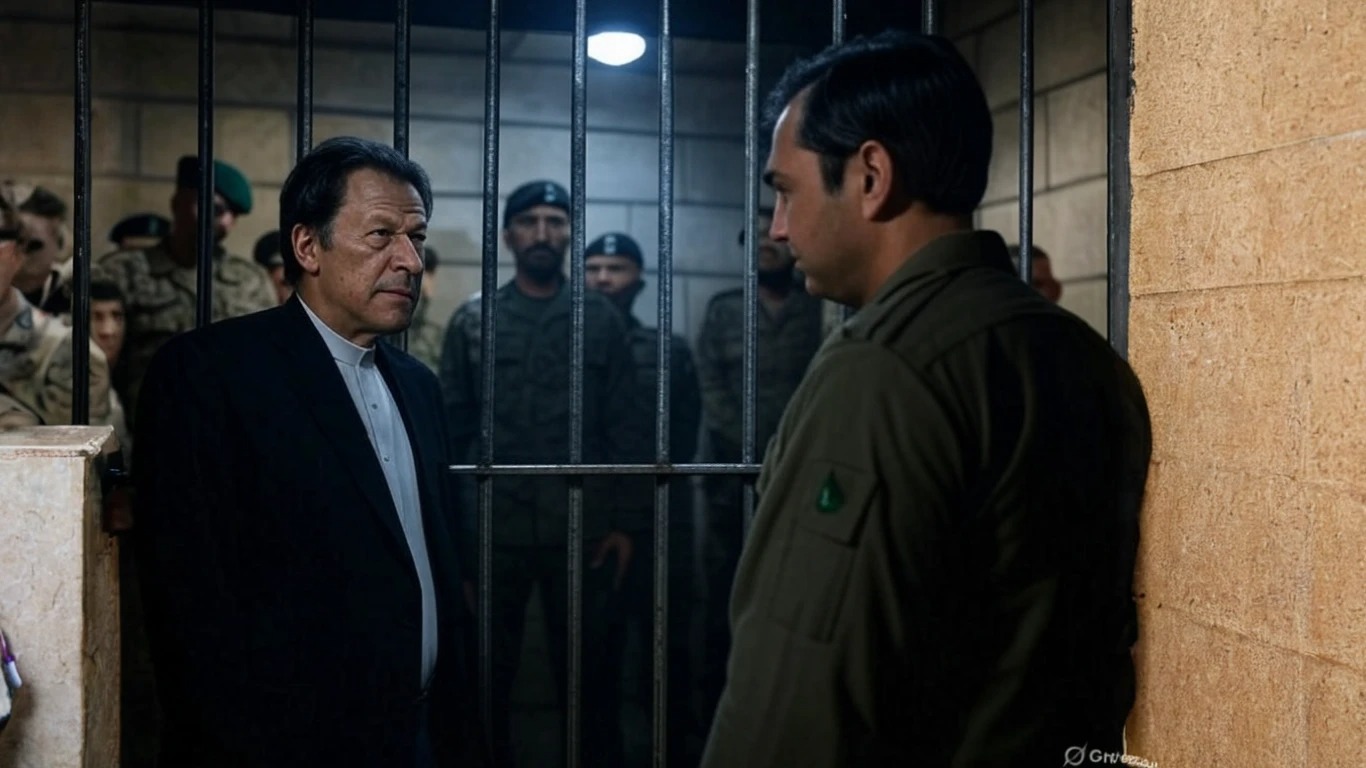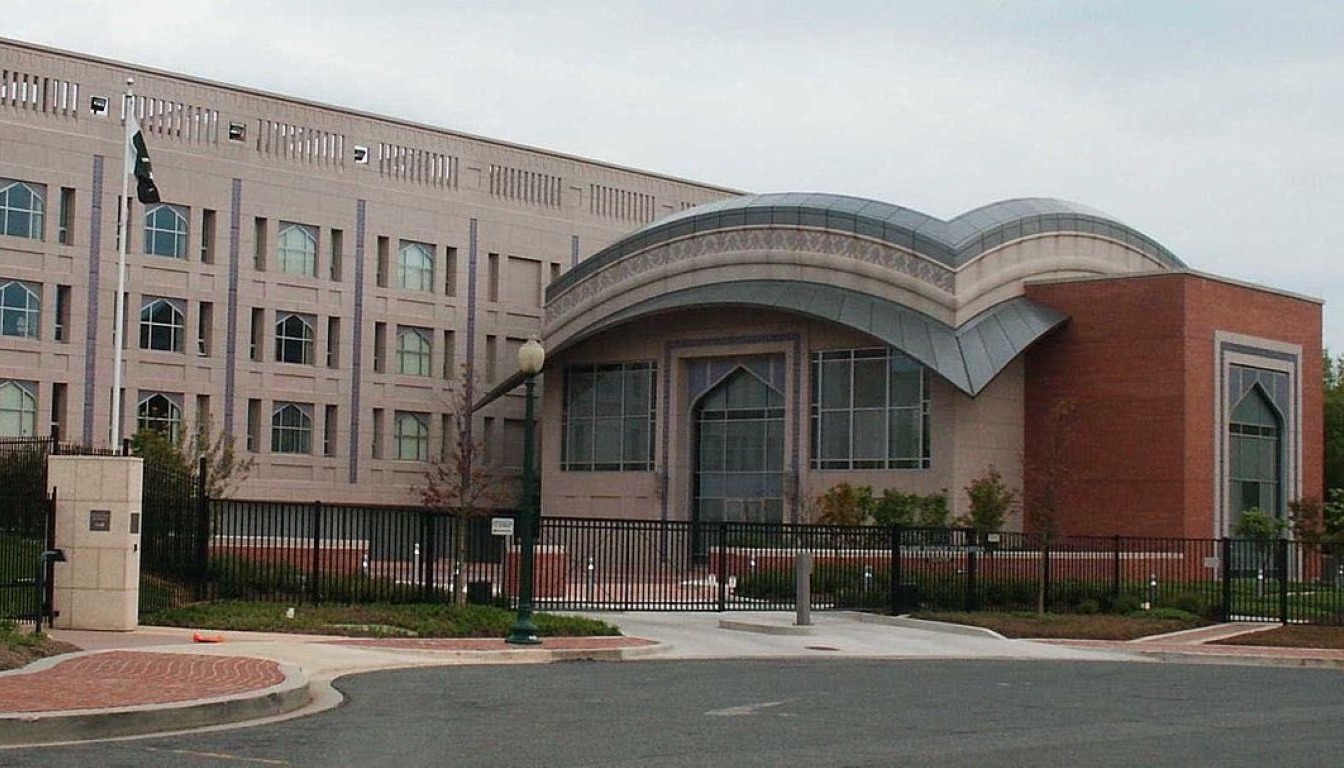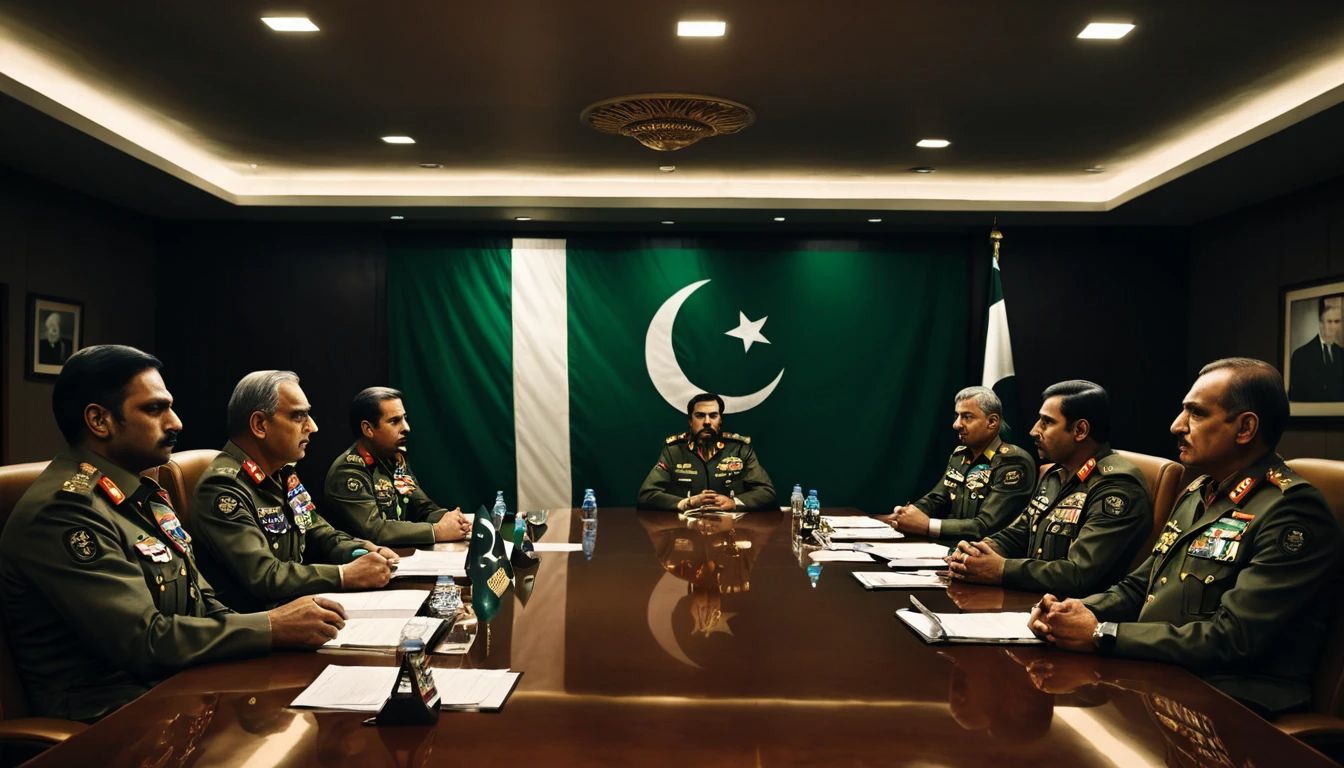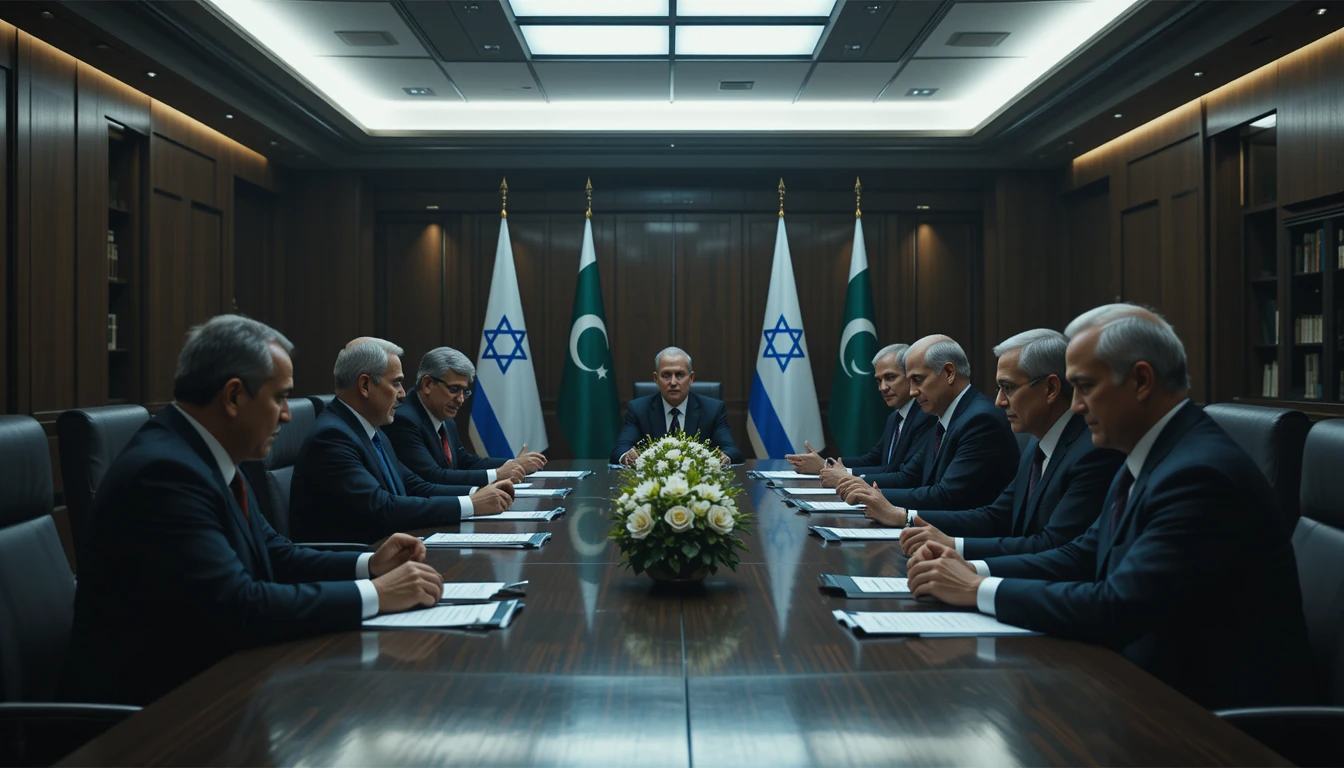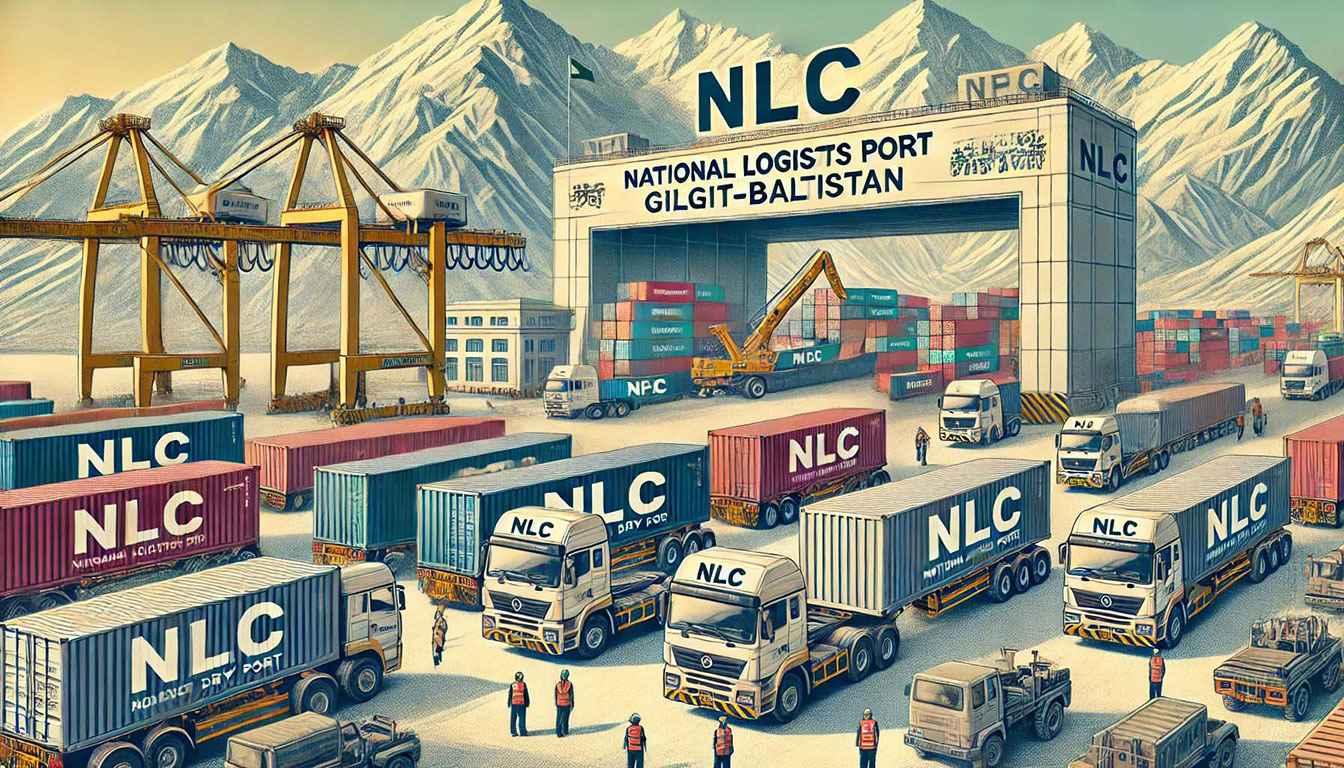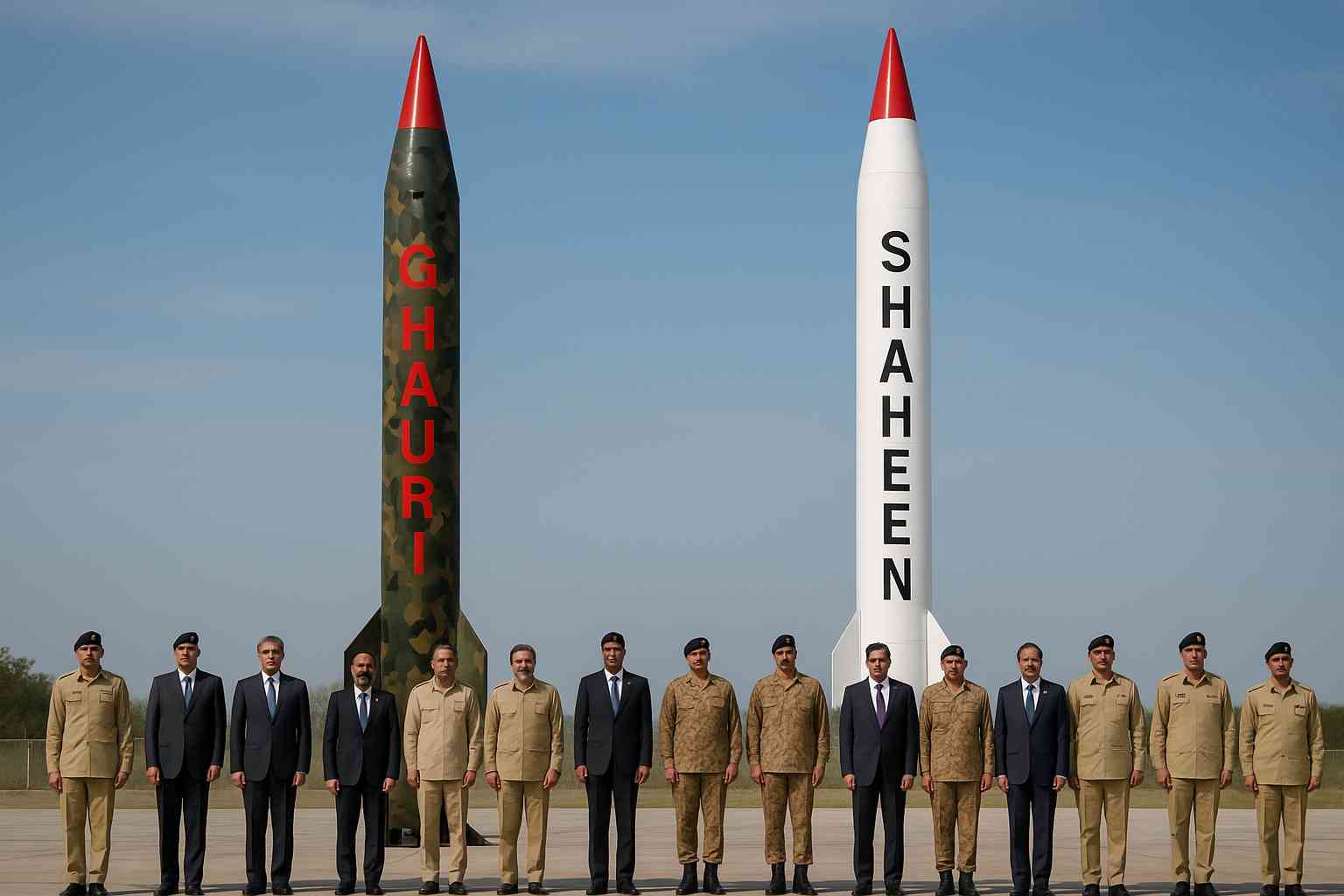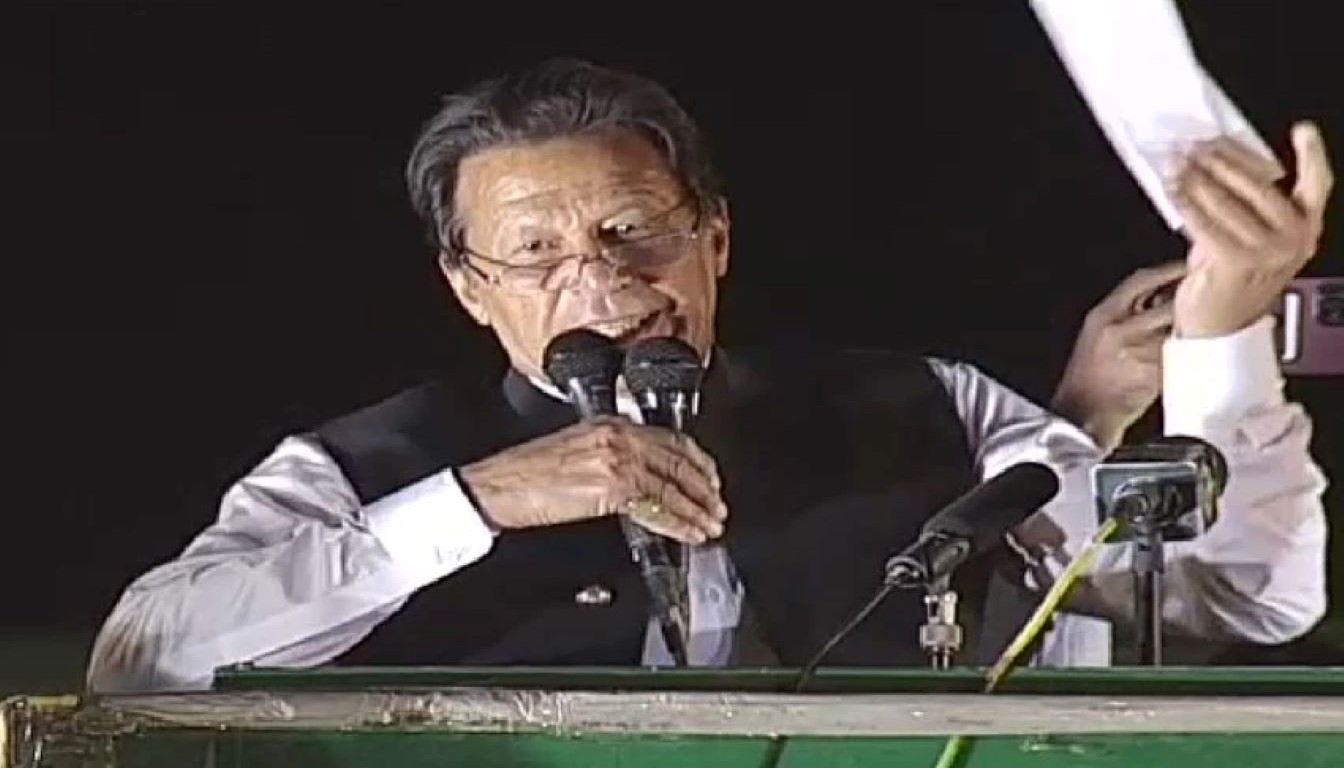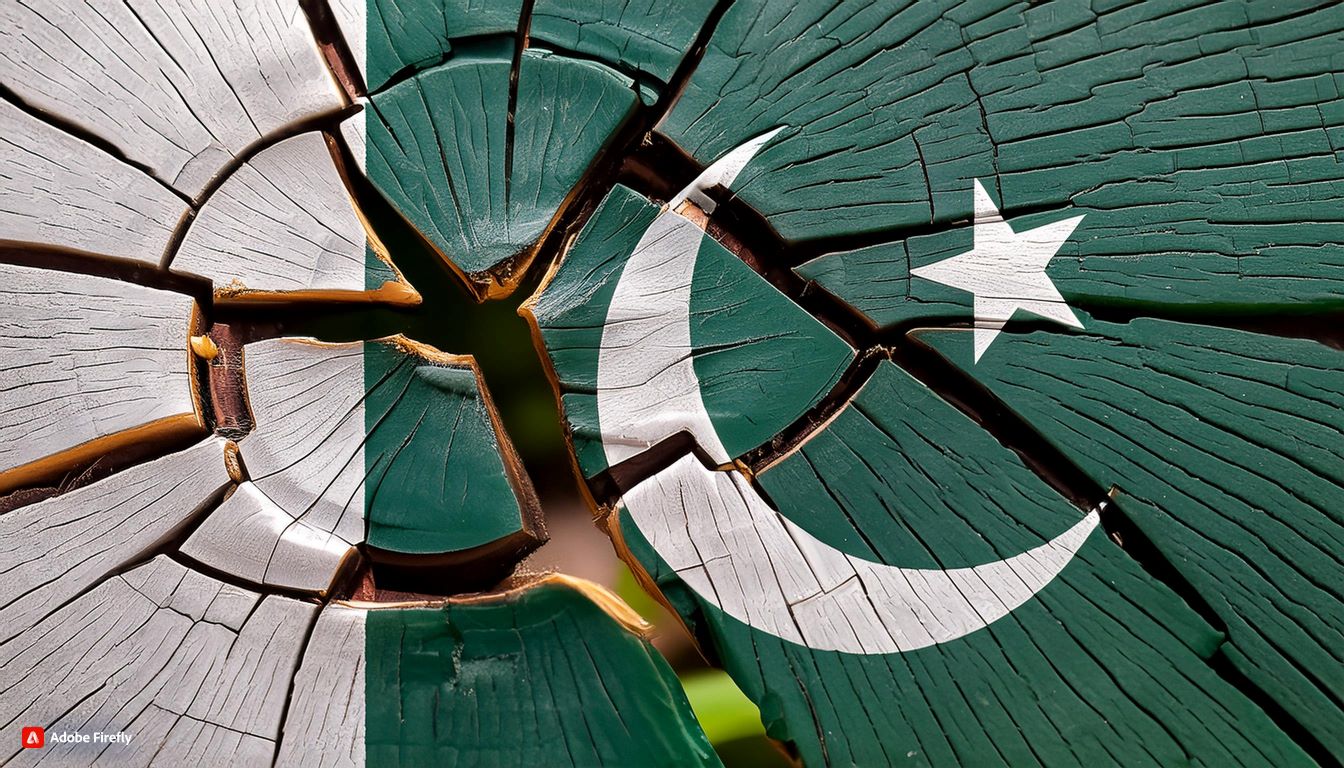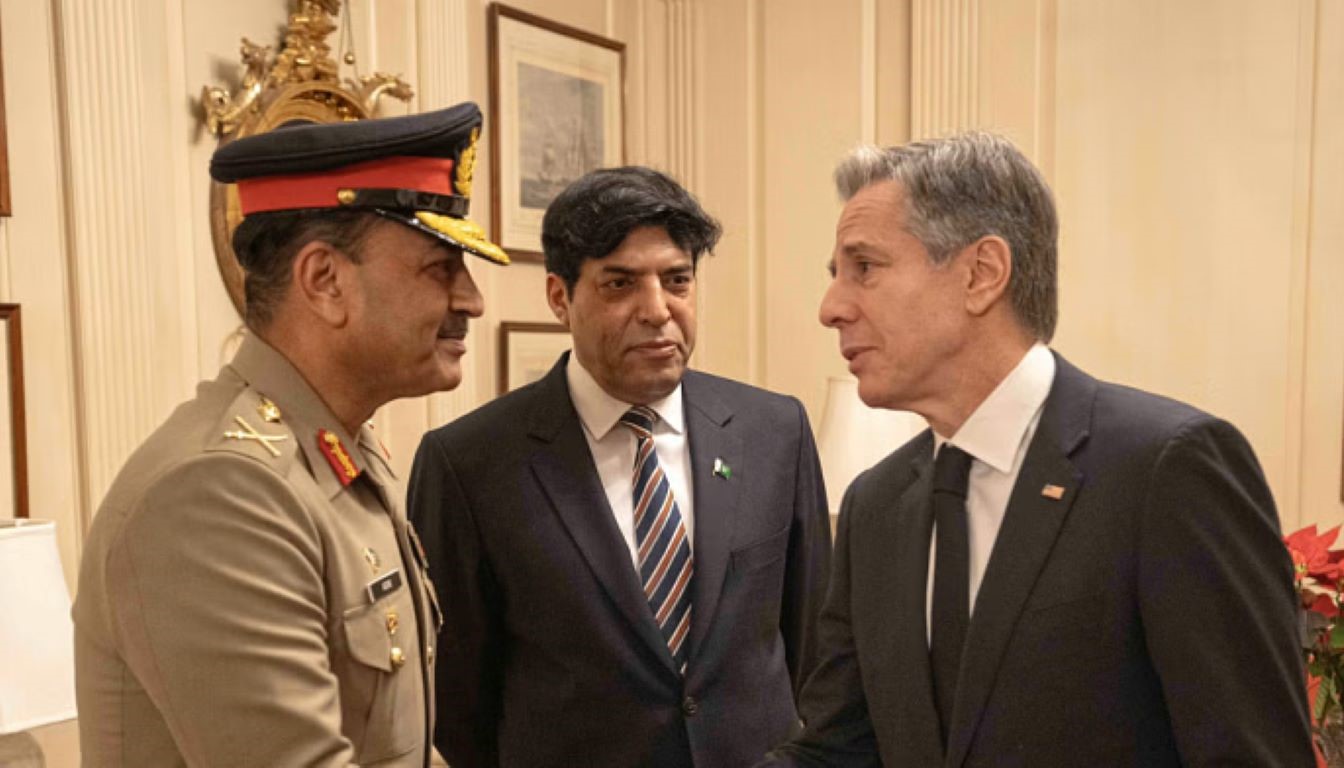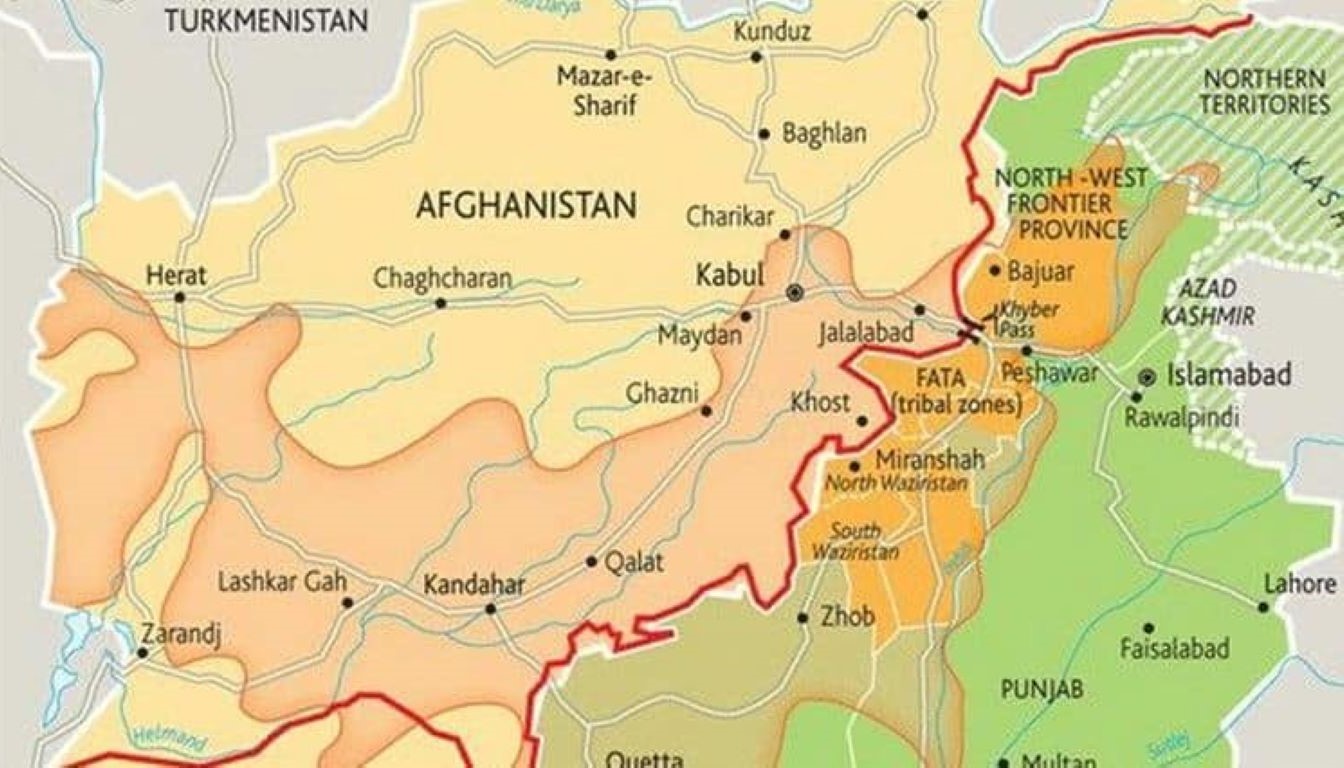Islamabad/London, September 14, 2025 – In a pointed critique that has ignited online debates, former Pakistani Army Major Adil Raja, a prominent whistleblower and critic of the military establishment, has claimed that China has outright refused to commit further investments to the flagship China-Pakistan Economic Corridor (CPEC) projects, citing frustration with Pakistan’s “duplicitous policies” under Army Chief General Asim Munir. Raja’s allegations, shared via his X account @soldierspeaks, portray a bilateral relationship strained by security lapses, geopolitical double-dealing, and unfulfilled promises, potentially signaling the end of Beijing’s once-unwavering support for Islamabad’s infrastructure ambitions.Raja’s most direct accusation surfaced in a post on September 5, 2025, following Prime Minister Shehbaz Sharif’s high-profile visit to China. He noted that Sharif was seen off not by top leadership but by a relatively low-ranking official, Han Zirong, a member of the Beijing Municipal Committee. “Reportedly, China has clearly refused to make any further investments in CPEC; critical ML-1 train track project,” Raja wrote, adding that Beijing extracted “various concessions” from Pakistan on ongoing projects and security arrangements instead.
Only a member of the Beijing Municipal Committee Han Zirong was available to see off PM Shahbaz Sharif from China.
Reportedly, China has clearly refused to make any further investments in CPEC; critical ML-1 train track project. However, China extracted various concessions from…— Adil Raja (@soldierspeaks) September 5, 2025
The ML-1 project, a $6.8 billion upgrade of the Main Line-1 railway from Karachi to Peshawar, has been a cornerstone of CPEC since 2015 but remains stalled due to funding shortfalls and security threats, with costs ballooning amid Pakistan’s economic woes.This claim aligns with Raja’s broader narrative of Pakistan’s military leadership playing a dangerous “double game” between Beijing and Washington. In a July 13, 2025, post, he revealed that Director General of Inter-Services Intelligence (DG ISI) was “facing a tough time in China,” compelled to provide “daily explanations” on Pak-US relations, leaving the Chinese “not satisfied.”
DG ISI is facing a tough time in China, stuck giving daily explanations on Pak-US relations. The Chinese are not satisfied. Rumours of F-16 Block 70/72 transfer to Pak, spread by touts, backfired badly. #Pakistan #China #US
— Adil Raja (@soldierspeaks) July 13, 2025
Raja linked this to rumors—allegedly spread by Pakistani “touts”—of a potential transfer of advanced US F-16 Block 70/72 jets to Pakistan, which “backfired badly” and eroded trust. He elaborated in Urdu: “DG ISI کو چین میں شدید مشکل کا سامنا ہے… چینی مطمئن نہیں ہیں” (DG ISI is facing severe difficulties in China… The Chinese are not satisfied), highlighting how such overtures toward the US undermine CPEC’s strategic value for China.
ڈی جی آئی ایس آئی کو چین میں شدید مشکل کا سامنا ہے۔ جنرل عاصم ملک بیجنگ میں پاک-امریکہ تعلقات پر روزانہ وضاحتیں دینے میں پھنسے ہوئے ہیں۔ چینی مطمئن نہیں ہیں۔ ایف-16 بلاک 70/72 کی پاکستان منتقلی کی افواہیں، جو ٹاؤٹس نے پھیلائیں، بری طرح الٹی پڑ گئیں ہیں۔ #Pakistan #China #US
— Adil Raja (@soldierspeaks) July 13, 2025
Raja’s assertions are rooted in his insider perspective as a retired officer and self-described journalist, often drawing from “official sources” and intelligence leaks. In a July 25, 2025, post, he questioned the sustainability of Pakistan’s military receiving “funding from Beijing while taking directives from Washington,” warning that the junta would eventually be forced to “choose a side.”
The Pakistani military junta gets funding from Beijing while taking directives from Washington. Is this a sustainable strategy? Eventually, they will be forced to choose a side, and that decision could prove detrimental to their position, particularly in the West.
— Adil Raja (@soldierspeaks) July 25, 2025
This echoes his earlier critiques, such as a March 4, 2025, revelation that Munir was seeking US funding for a “regime change operation in Afghanistan,” which he said undermines China’s interests in regional stability.
Asim “Yazeed” Munir, known as ‘The Deceiver’, is working tirelessly to push a regime-change agenda in Afghanistan. Capitalizing on anti-Afghanistan sentiments in Washington, he undermines the interests of key regional players like China and Saudi Arabia.
But can Munira Mistry… https://t.co/hEe7yTFCGk pic.twitter.com/q3YQypgm7B
— Adil Raja (@soldierspeaks) August 17, 2025
Raja has repeatedly accused Munir of a “double game” on critical minerals—Pakistan’s vast untapped reserves of lithium, copper, and rare earths—pitching them to both superpowers to prolong military rule, as detailed in his July 30, 2025, article.
These claims gain context from longstanding challenges plaguing CPEC, launched in 2013 as part of China’s Belt and Road Initiative (BRI) with an initial $62 billion commitment. By 2025, progress has faltered: Only about 20% of projects are complete, hampered by Pakistan’s $30 billion debt to China (much tied to CPEC loans at high interest rates), chronic power shortages, and escalating insurgencies. Baloch separatists, viewing CPEC as “neo-imperialism,” have launched over 20 attacks on Chinese personnel since 2021, including a March 2024 bombing in Gwadar that killed five. The Tehrik-i-Taliban Pakistan (TTP) and Uyghur militants hostile to Beijing further threaten routes, prompting China to demand enhanced security, including the creation of a dedicated CPEC force in 2016.
Raja’s narrative amplifies reports of China’s growing impatience. A February 2025 Eurasia Review analysis, citing Raja, warned of Beijing’s “silent takeover” through intelligence networks, with the Ministry of State Security (MSS) allegedly replacing CIA influence in Pakistan and planning facilities in Karachi’s Defense Housing Authority. In May 2025, Raja claimed on X that “MSS Replaces CIA in Pakistan: China Tightens Grip,” pointing to expanded security footprints amid CPEC vulnerabilities. Indian media, like India Today, reported in July 2025 that Raja faced threats and a defamation trial in Pakistan for exposing such encroachments, describing it as a “strategic lawsuit” to silence him.
Broader geopolitical shifts bolster Raja’s warnings. A September 4, 2025, India Today article questioned if Pakistan’s “double game” is backfiring, noting Beijing’s pivot toward India for stability after border tensions eased, while Pakistan’s overtures to the US— including potential arms deals—irritate China. Al Jazeera reported in June 2025 that Pakistan sources over 80% of its weaponry from China but is thawing ties with Washington, creating friction over Iran and CPEC security. A Sentinel Assam piece from the same period highlighted Pakistan “cosying up to the US” after being “ditched by Chinese weapons and CPEC,” citing debt burdens and ineffective arms supplies.
China’s joint statement with Pakistan in June 2024 emphasized “all-out efforts” on security, but by 2025, concessions reportedly include allowing Chinese troops for CPEC protection—a red line for Pakistani sovereignty, as Raja noted in a February 2025 X post and in article: China’s Growing Influence in Pakistan. Brookings Institution analyses have long criticized the opacity of CPEC deals, enabling narrative control by both nations while accountability lags.
The implications are profound. CPEC was meant to transform Pakistan into a trade hub linking China to the Arabian Sea, but stalled investments could exacerbate its $130 billion external debt crisis, fuel inflation (hovering at 25% in 2025), and intensify domestic unrest. Raja warns that Munir’s “SIFC” (Special Investment Facilitation Council)—a military-led body—has yielded “ZERO” foreign direct investment despite hype, with even Saudi pledges like Al Baik Chicken fizzling out.
Has General Asim Munir’s SIFC or any other channel delivered tangible FDI after years of foreign trips and massive military spending?
The answer is ZERO.
Even the highly publicized Saudi investment in Al Baik Chicken has failed to materialize in Pakistan.
Meanwhile,…
— Adil Raja (@soldierspeaks) July 2, 2025
For China, retreating from CPEC risks BRI’s credibility, especially as it eyes Afghan minerals (superior to Pakistan’s) and hedges with India.
While China is already a decade ahead in exploring the region’s critical minerals, Afghanistan’s reserves ultimately surpass Pakistan’s in both quality and quantity.
— Adil Raja (@soldierspeaks) September 9, 2025
Raja’s posts, amassing thousands of views, have drawn sharp rebuttals from Pakistani officials, who dismiss him as a “fugitive” in exile. Yet, his claims resonate amid Pakistan’s 144th ranking in the 2025 Global Peace Index and rising attacks. As Beijing recalibrates—potentially shifting to trilateral talks with Afghanistan and India—the corridor’s future hangs in balance, exposing the fragility of an “all-weather” alliance built on mutual suspicion.











